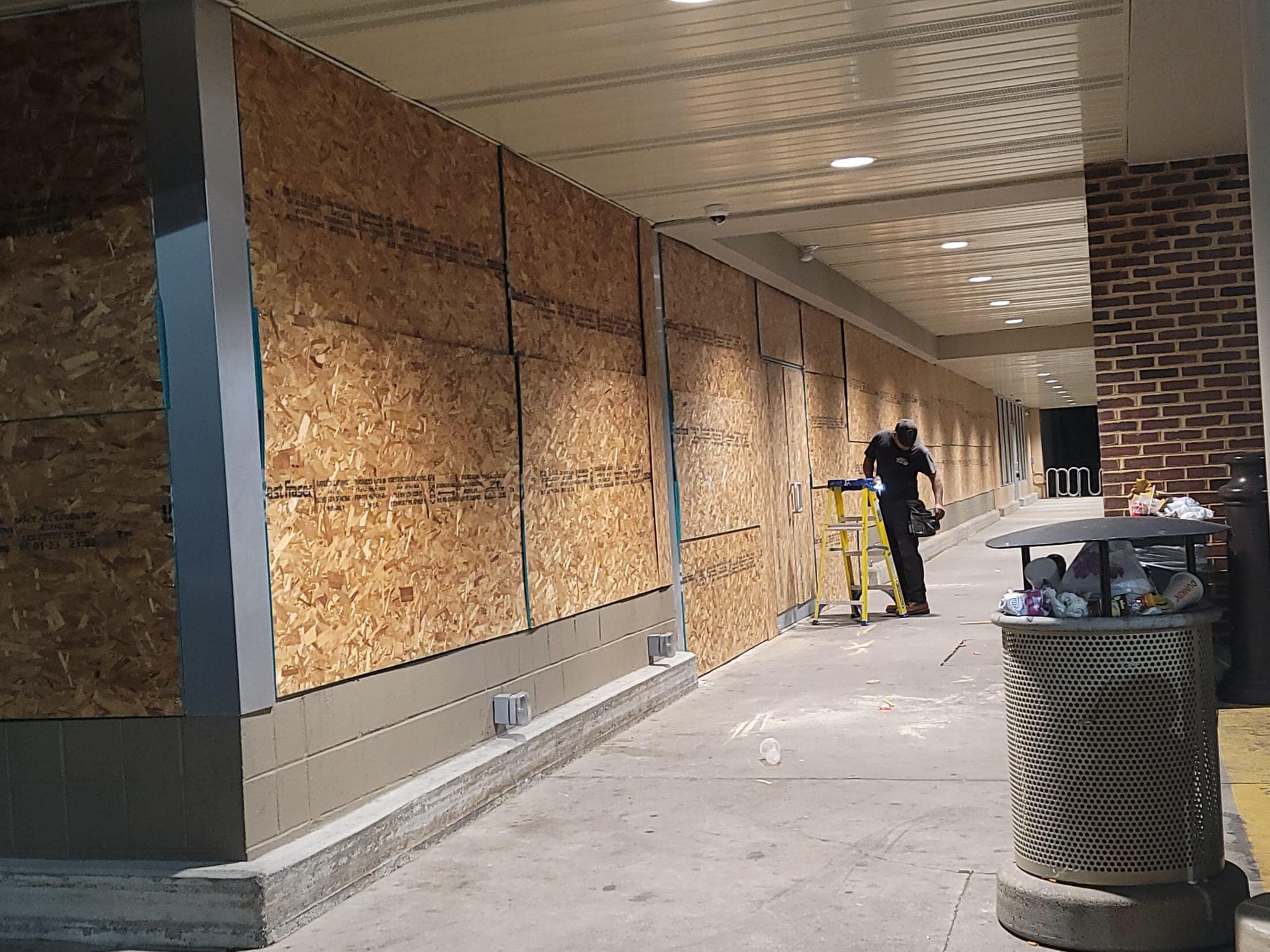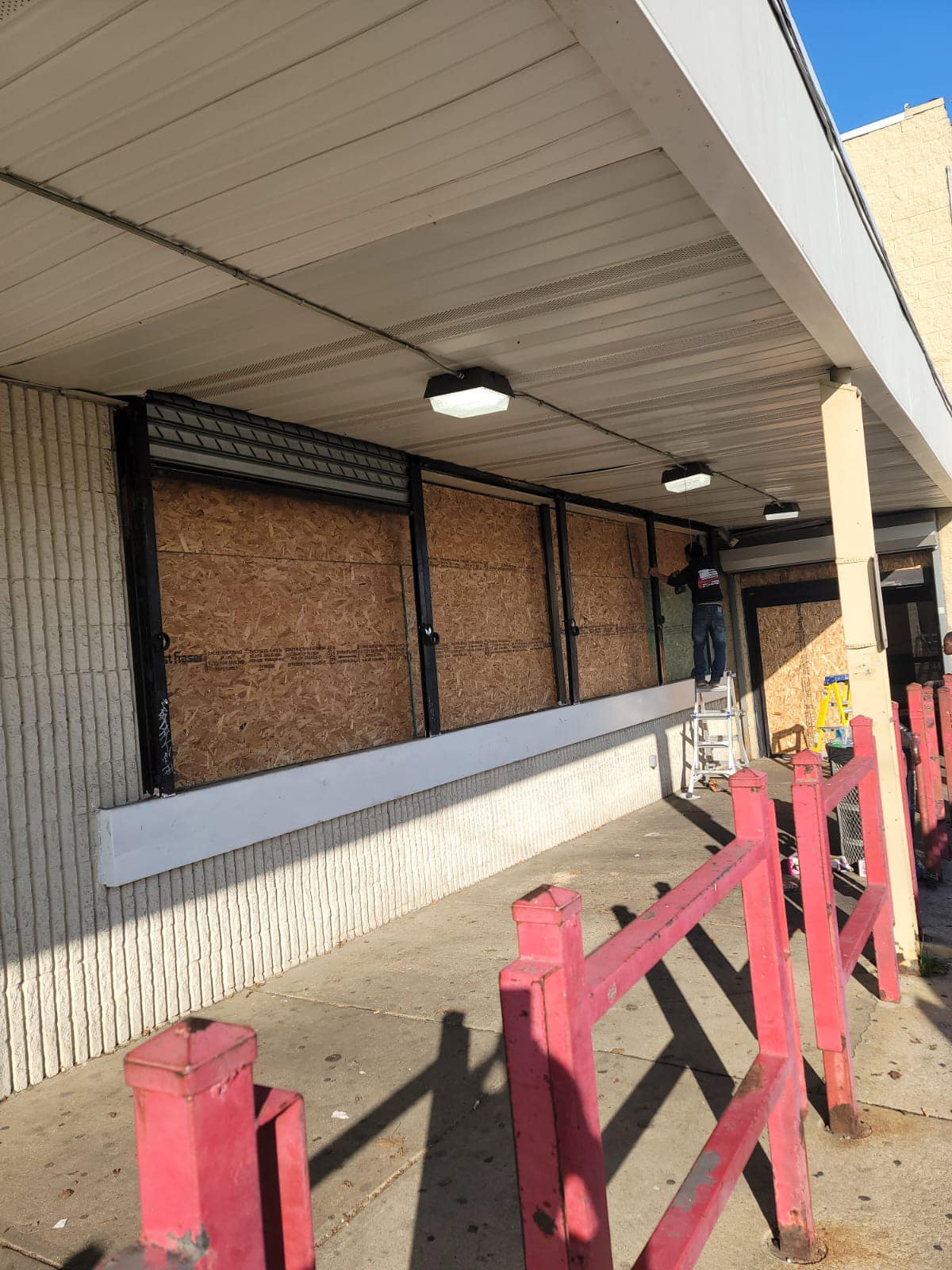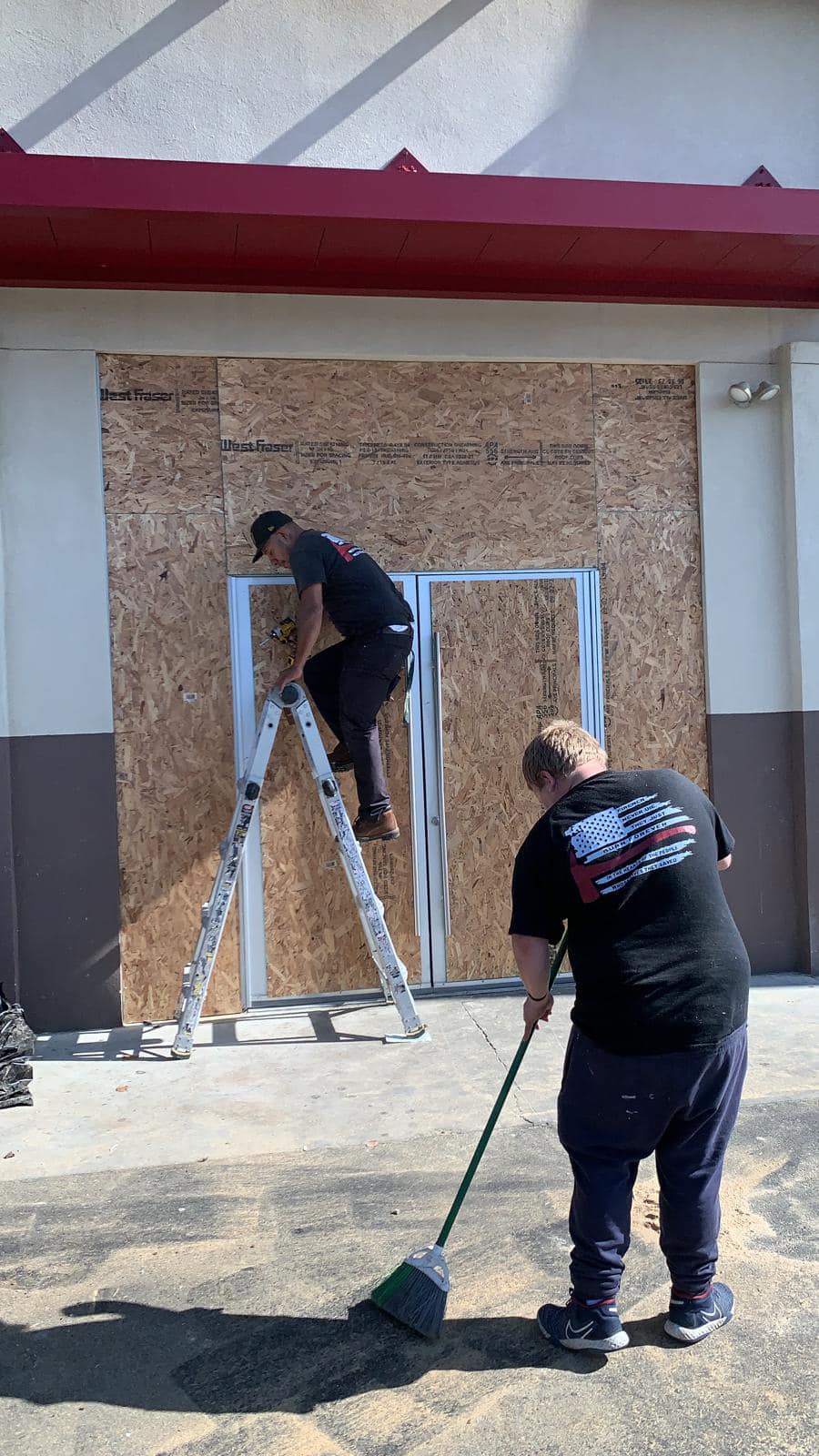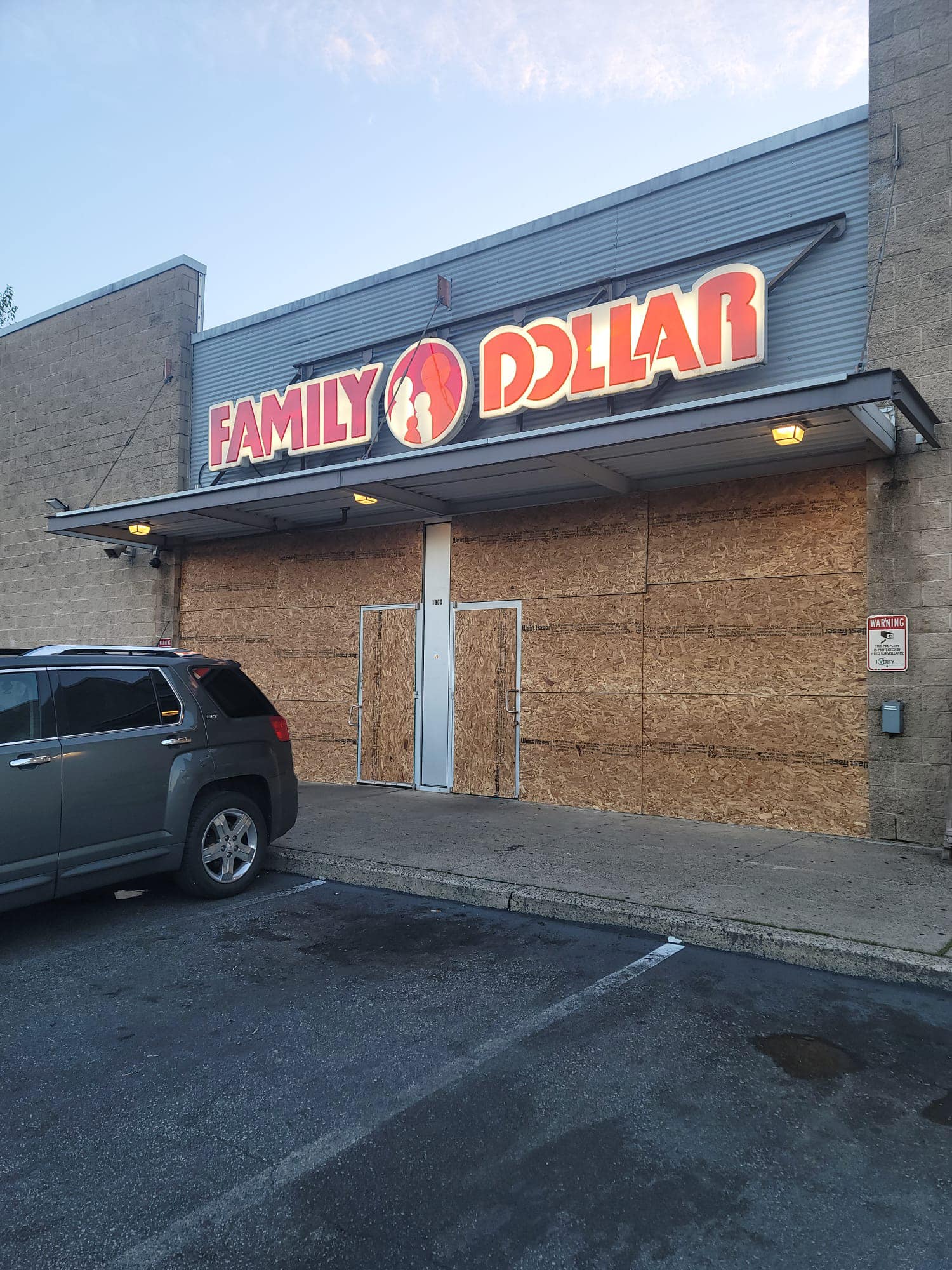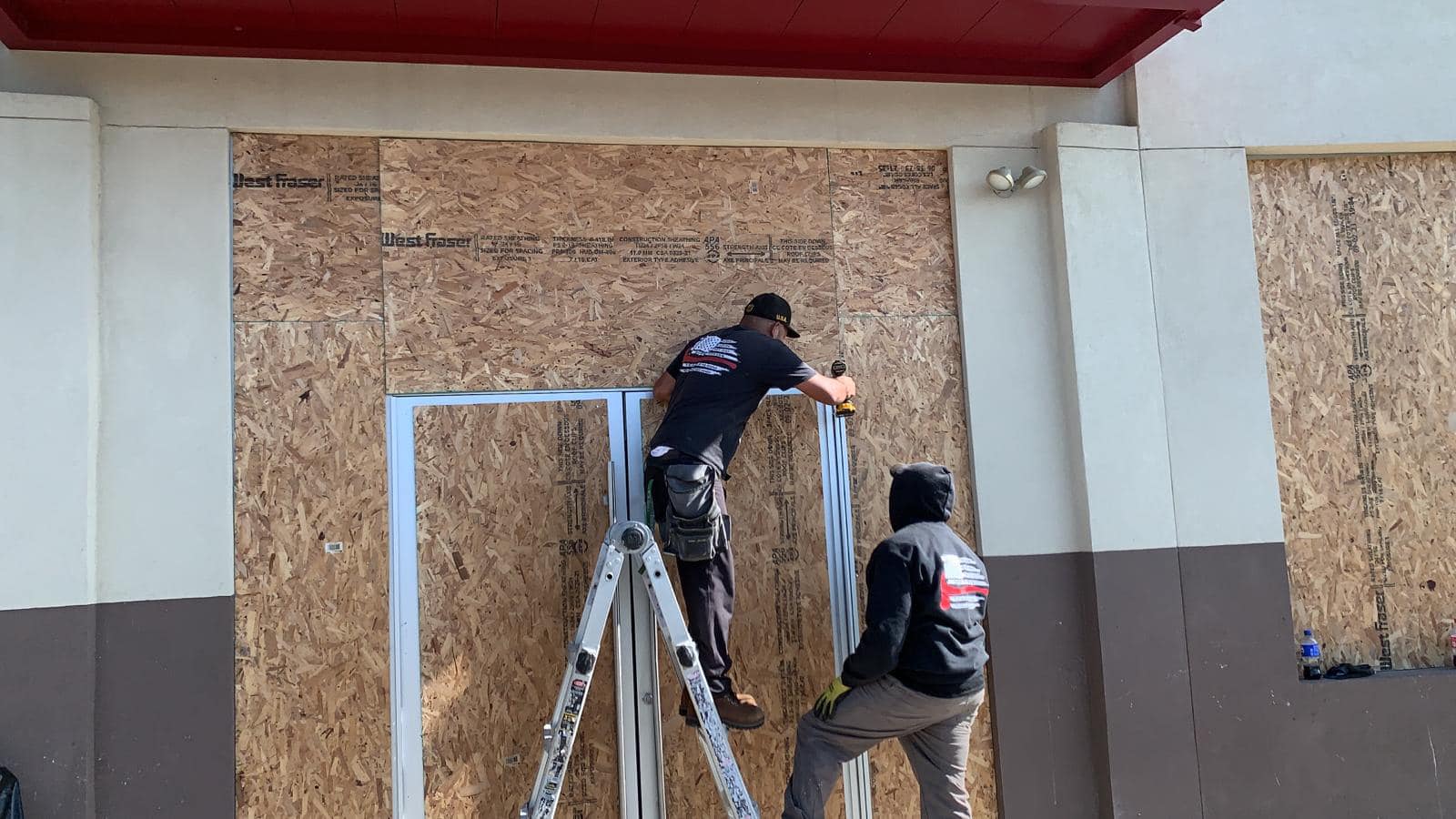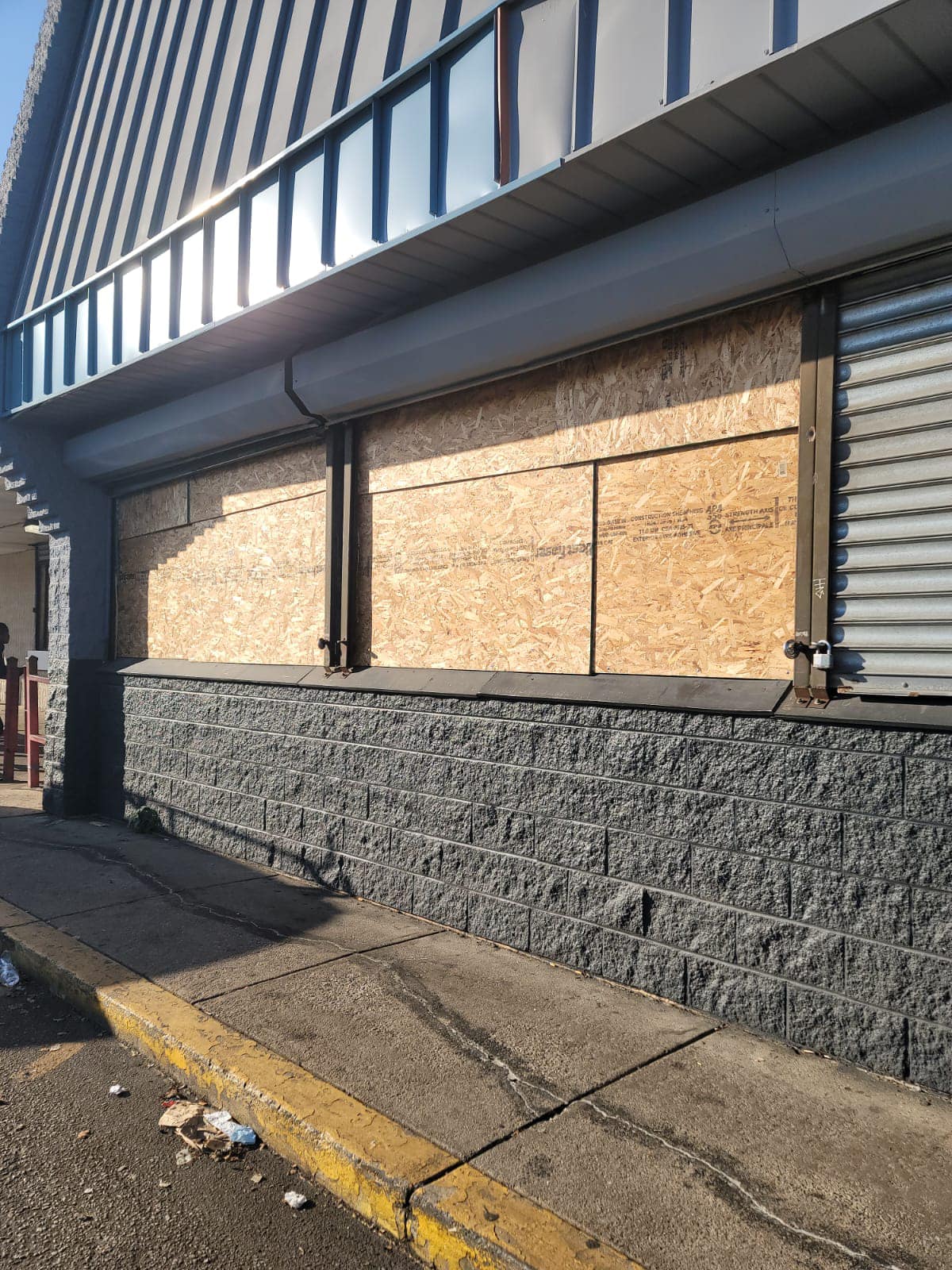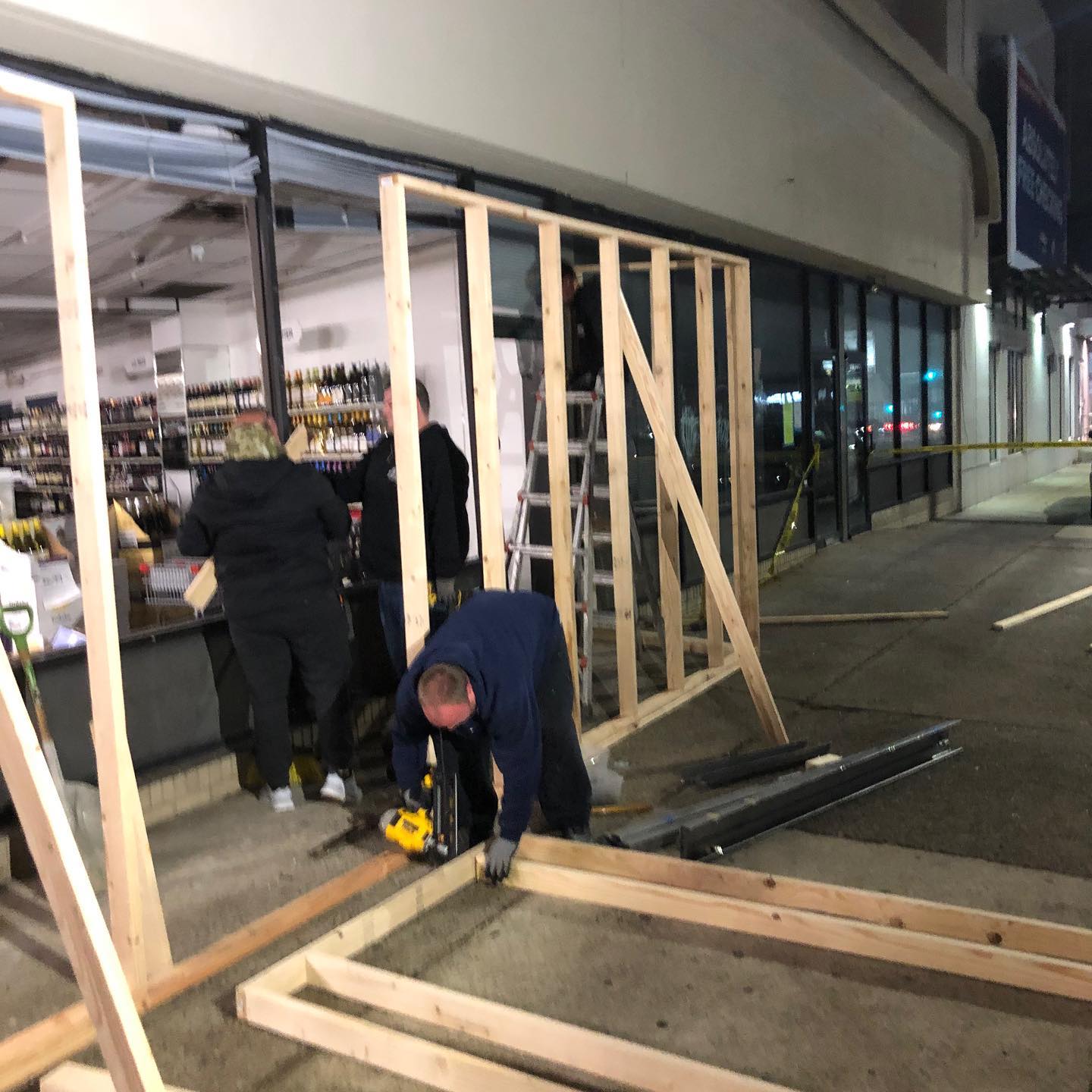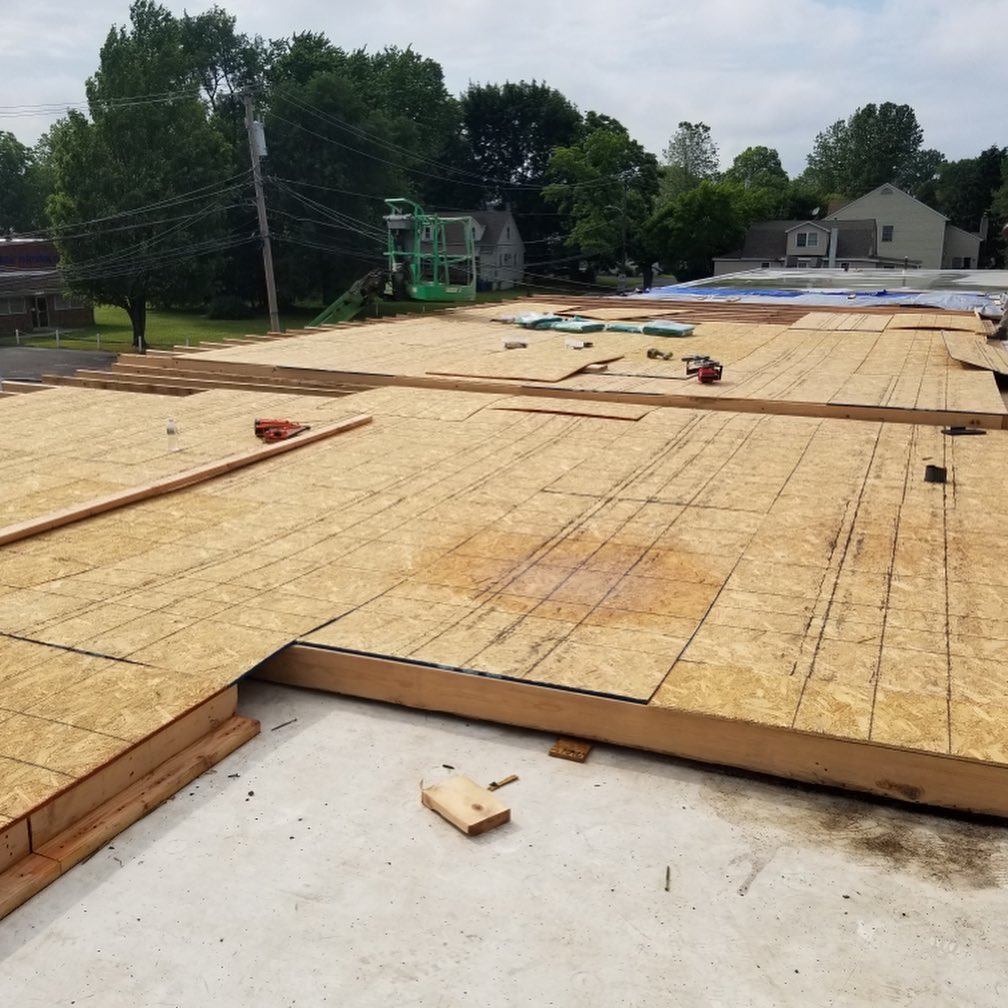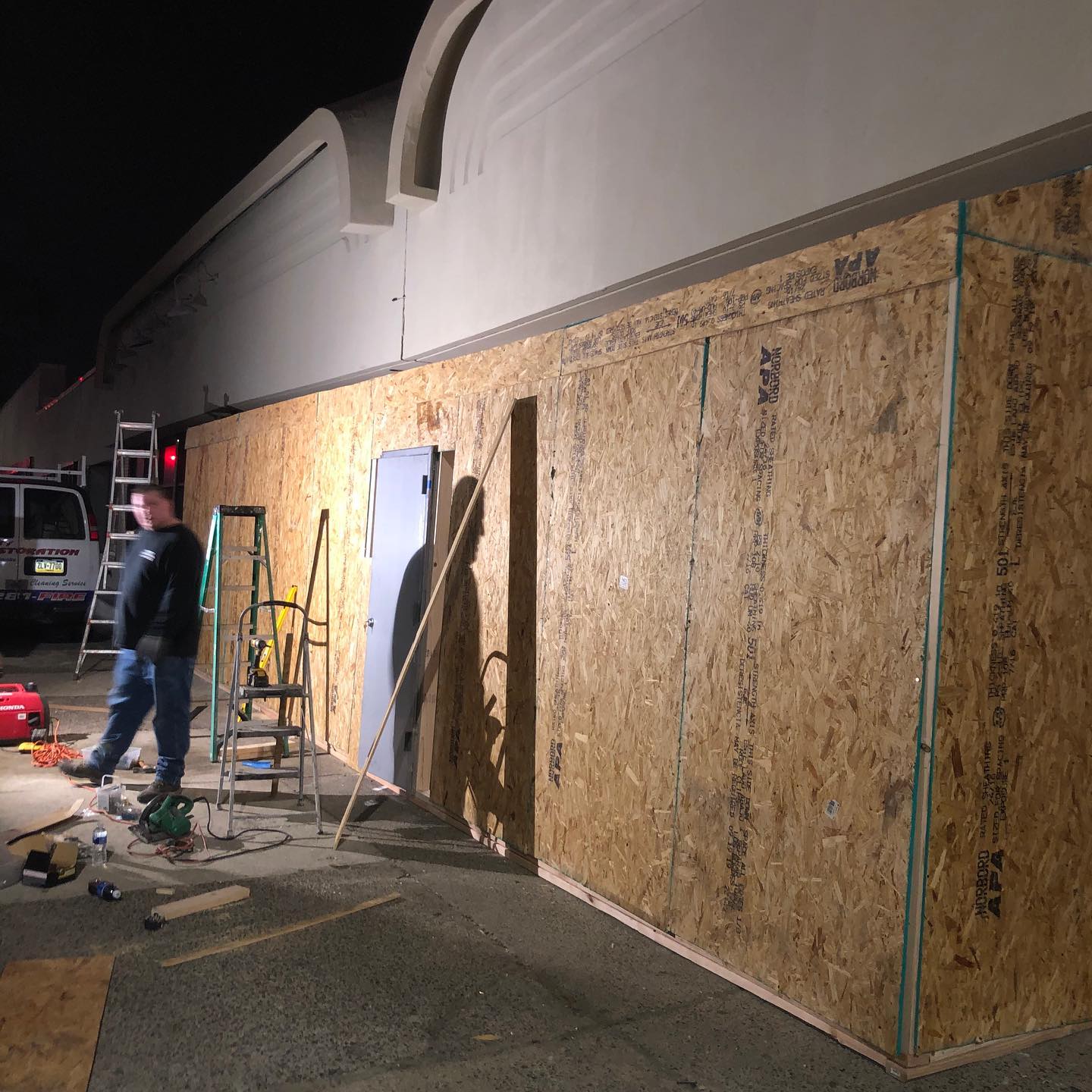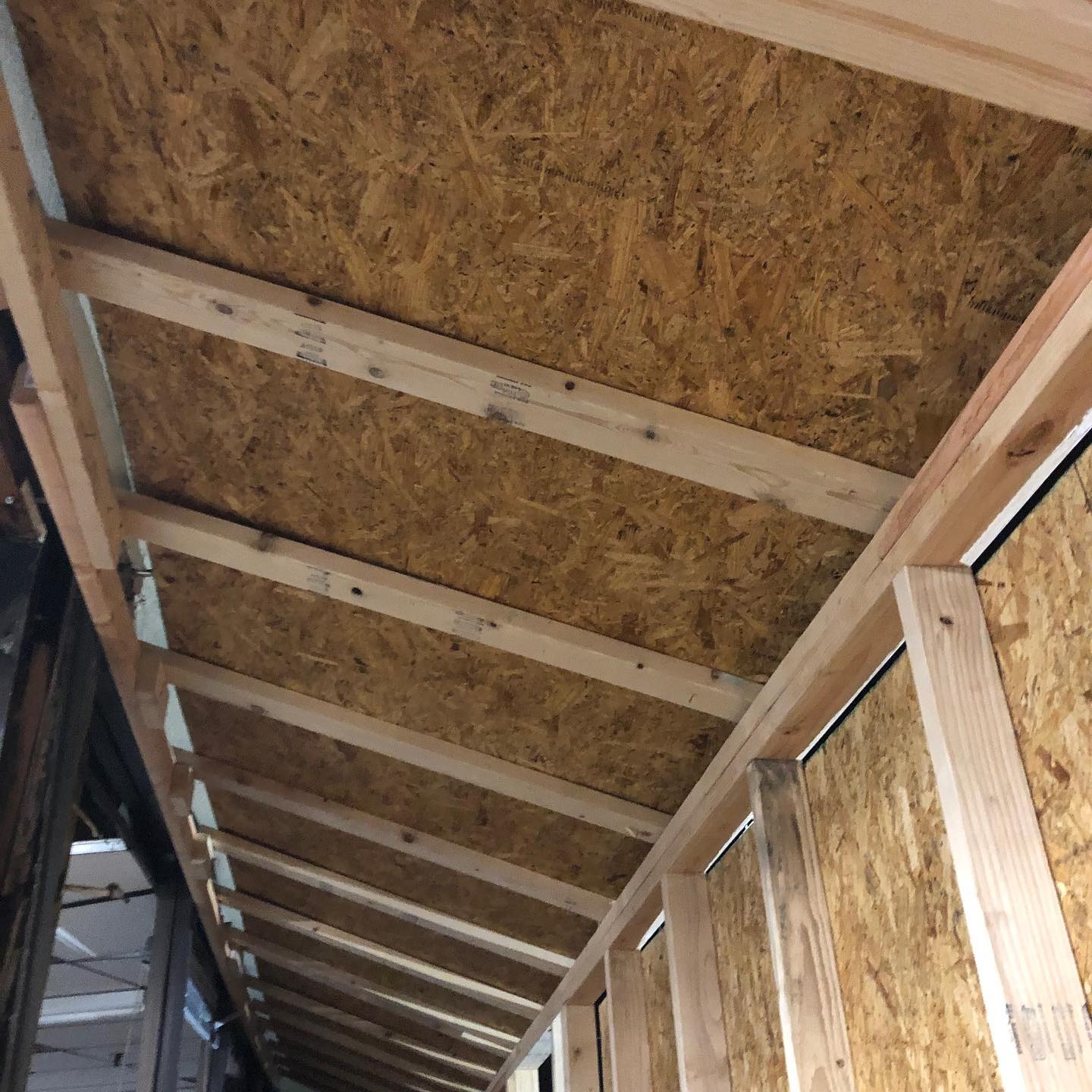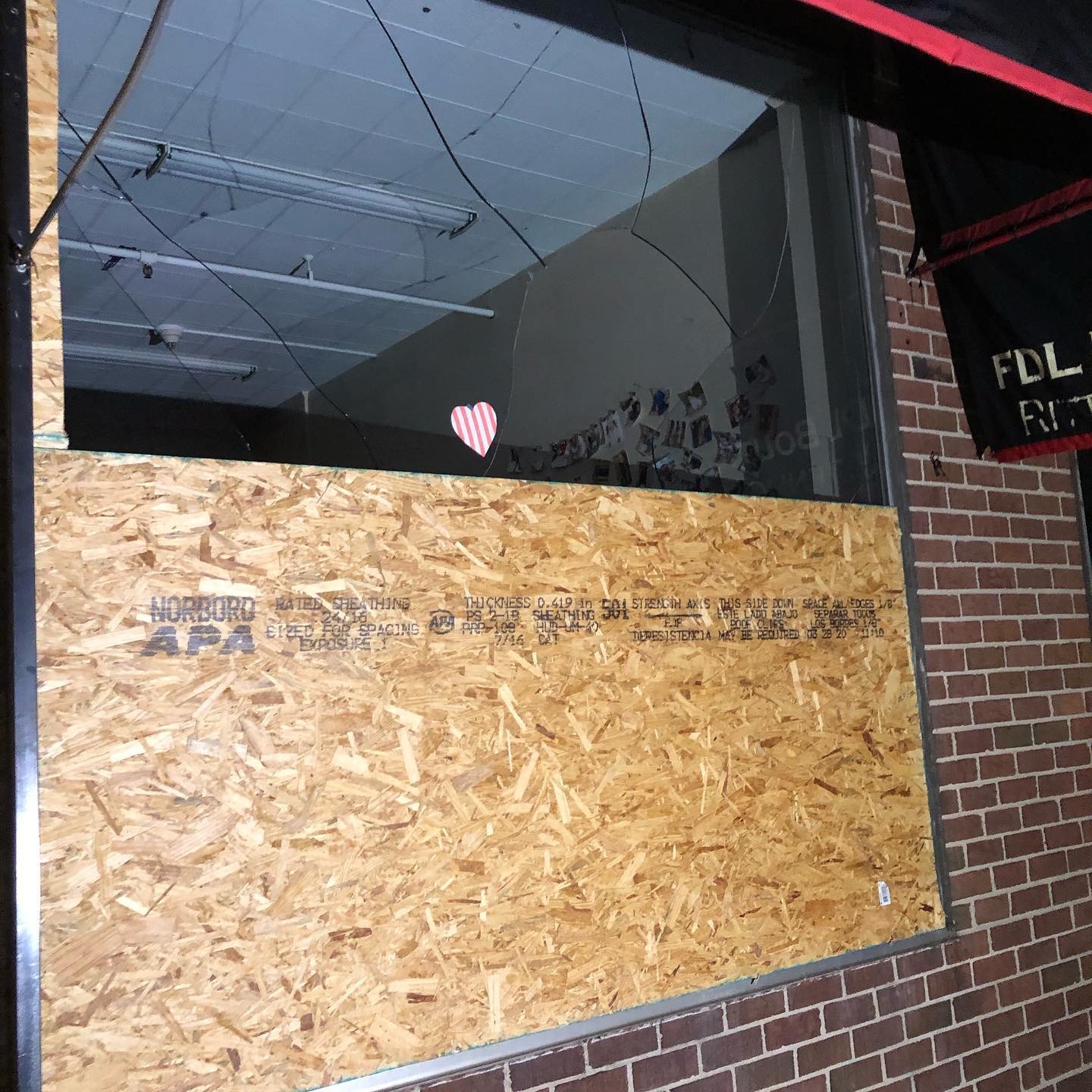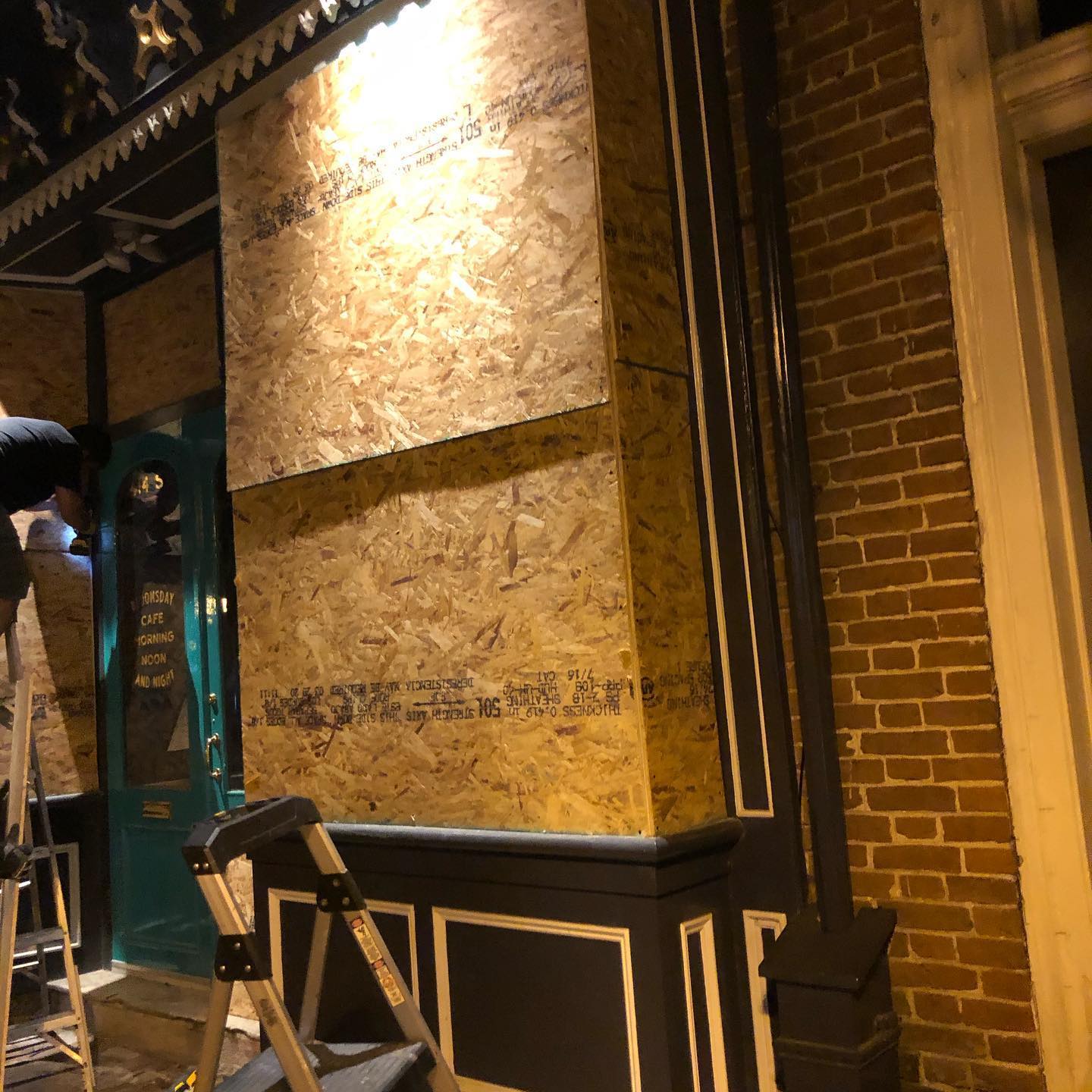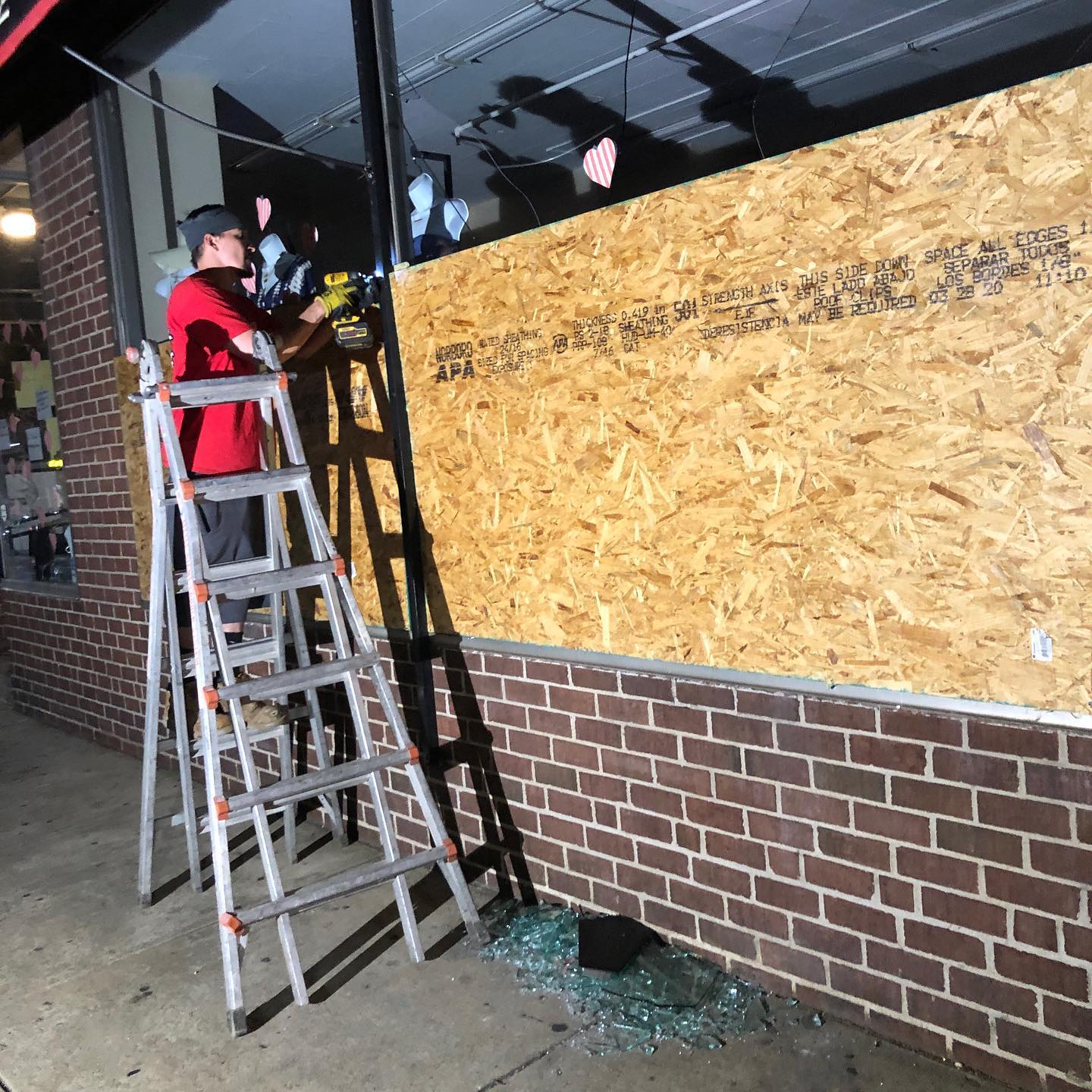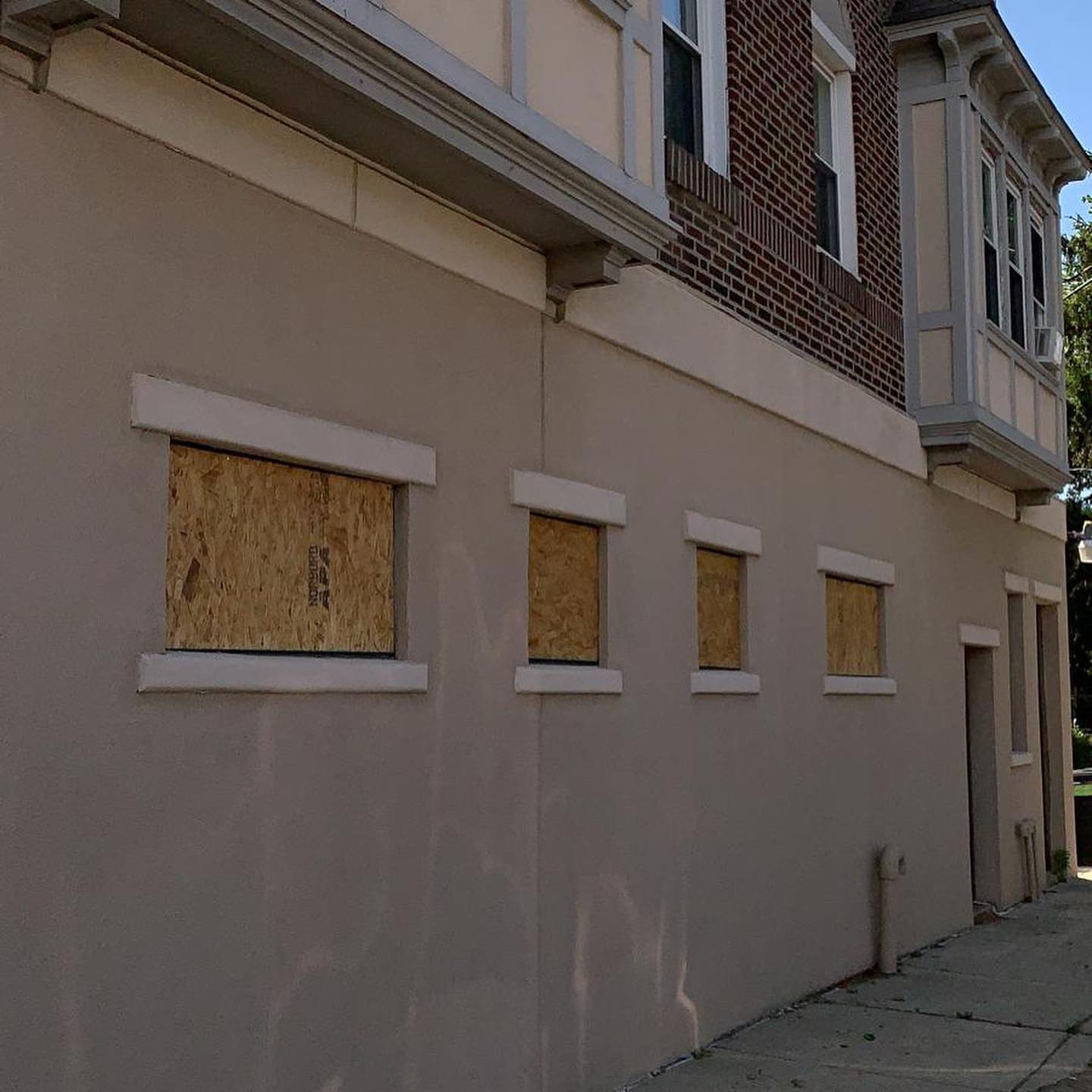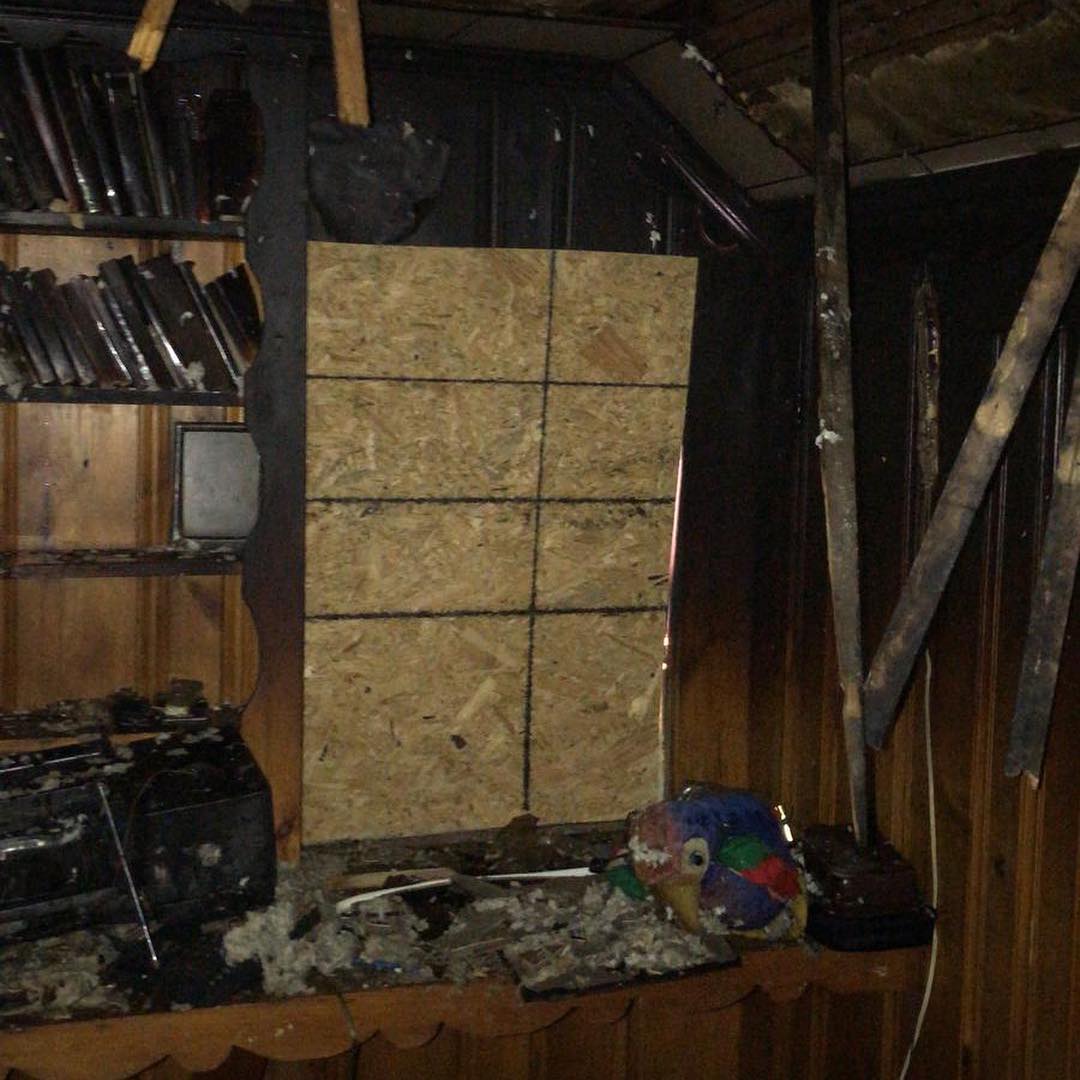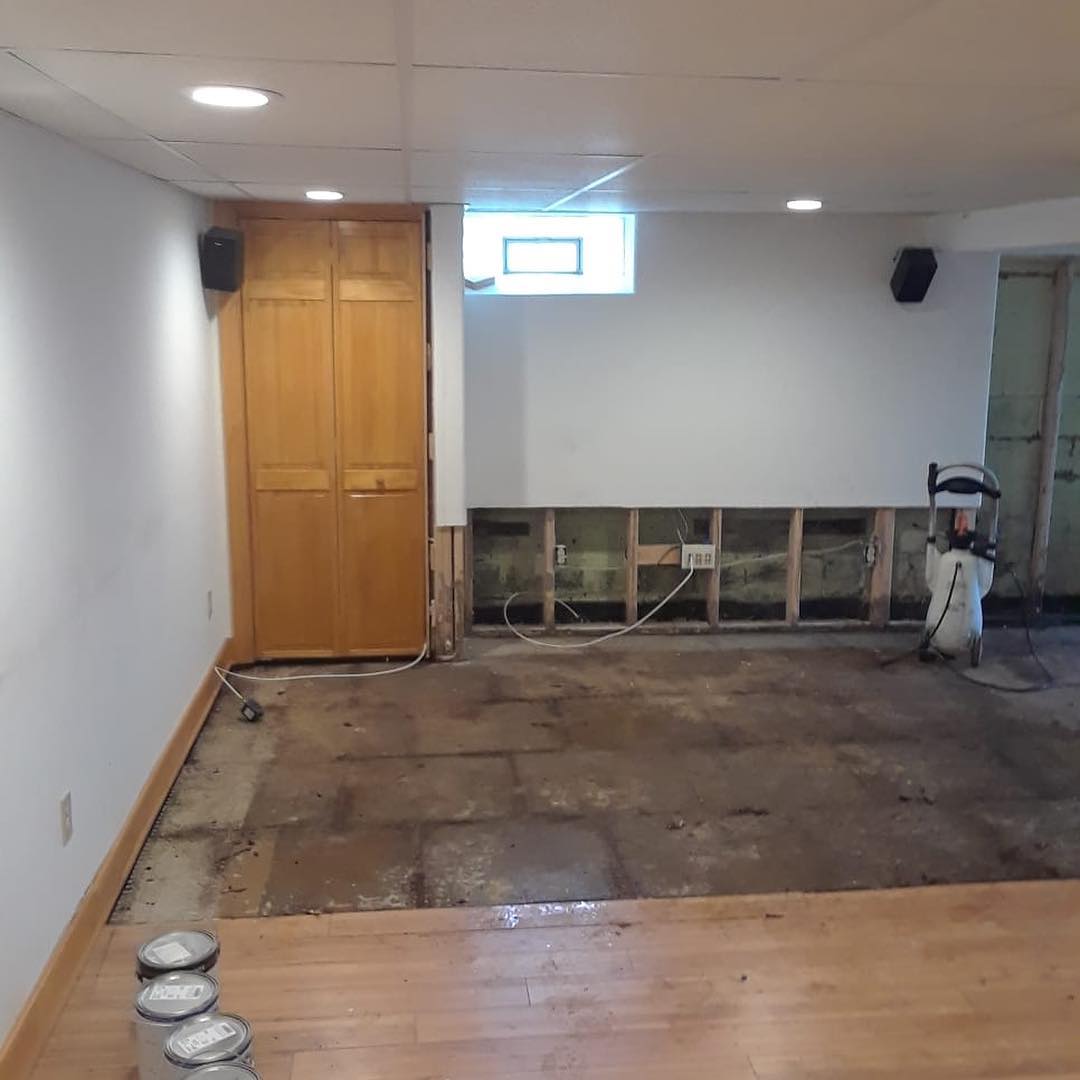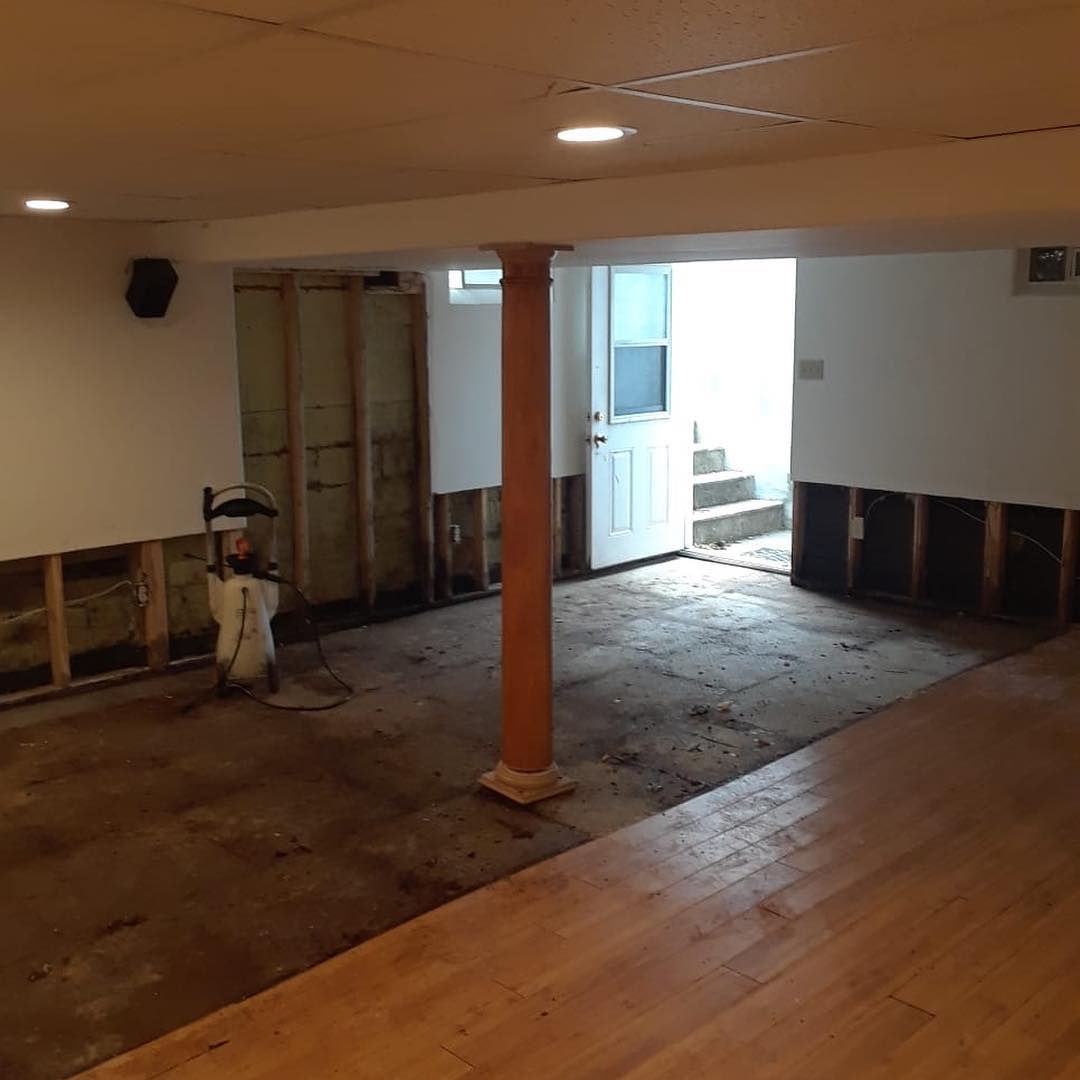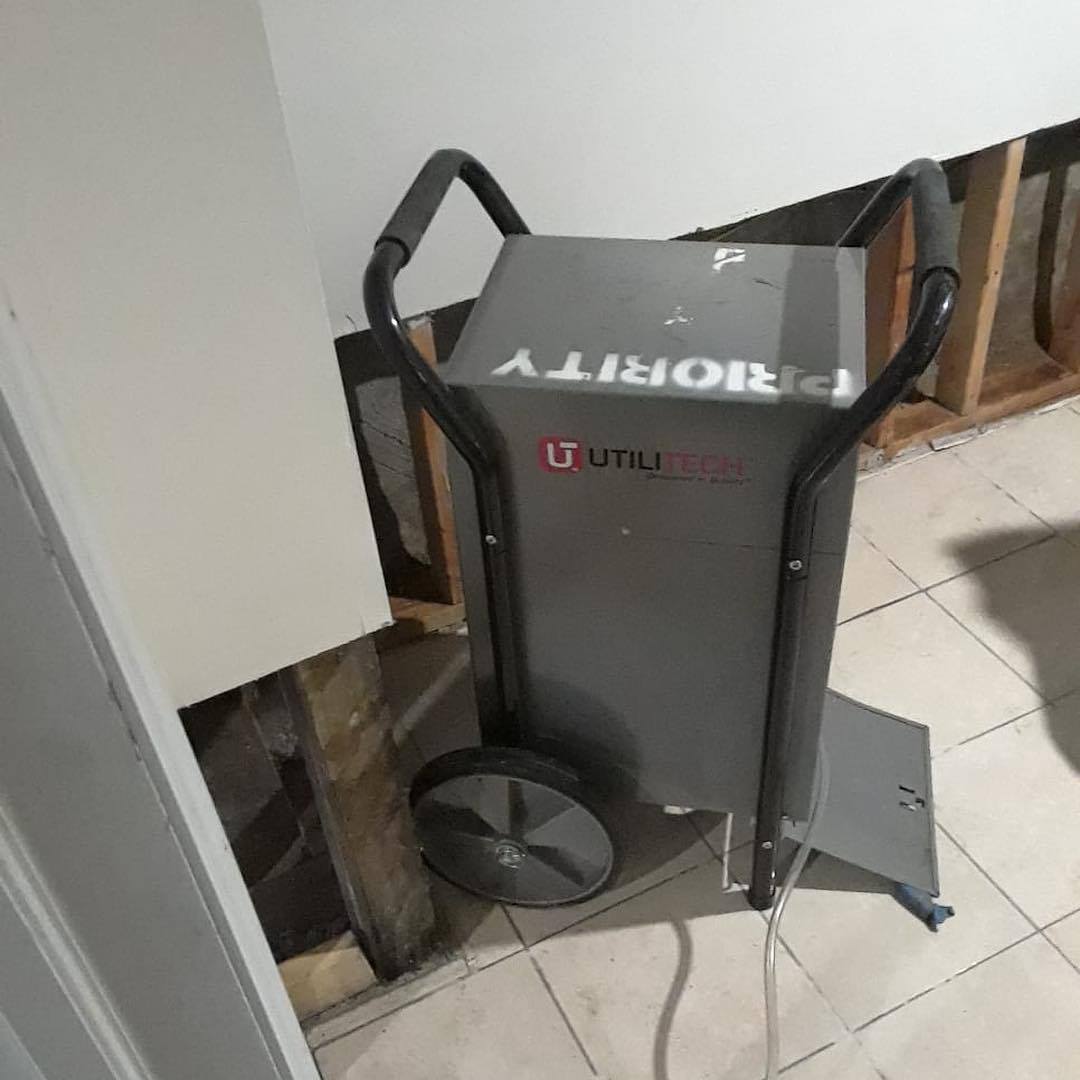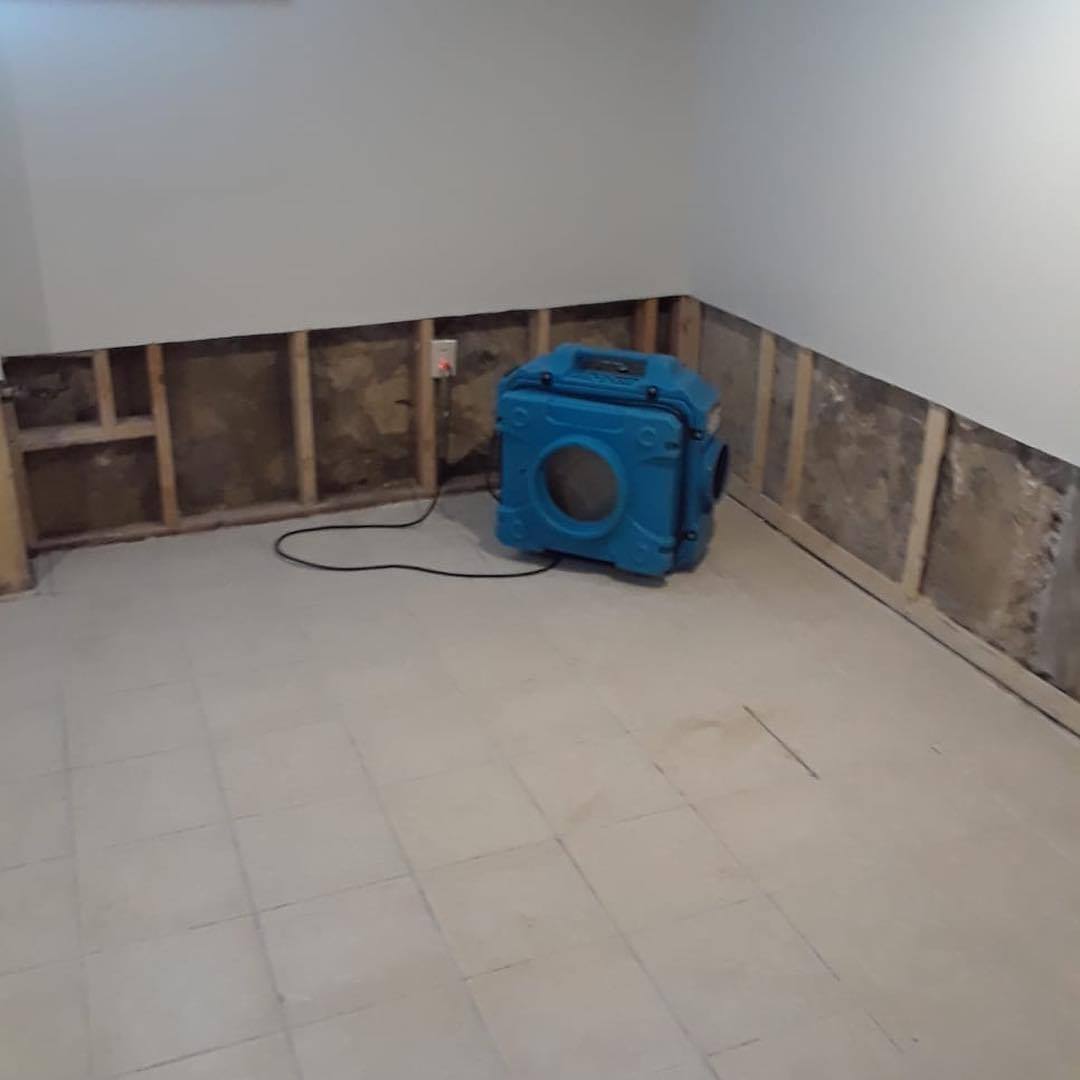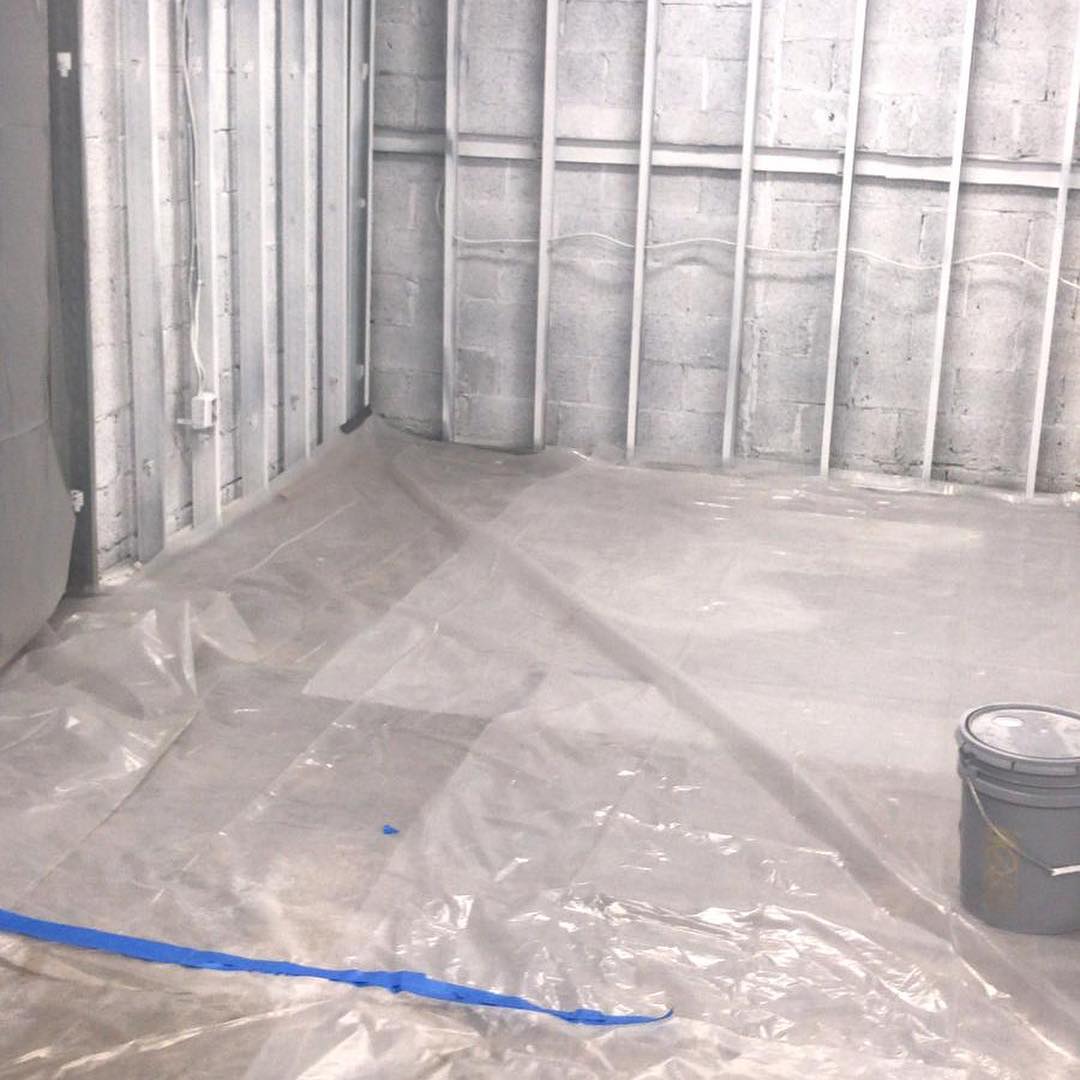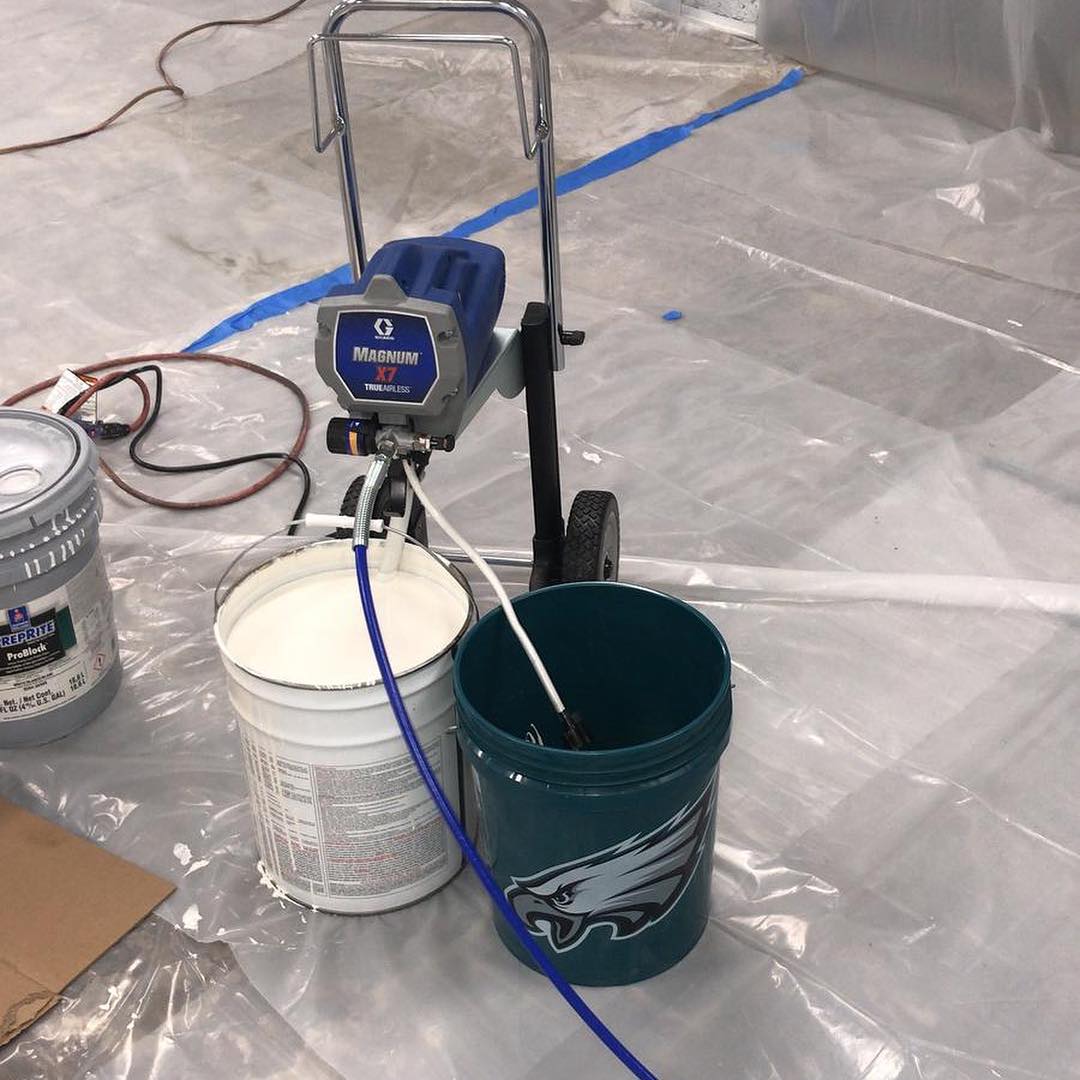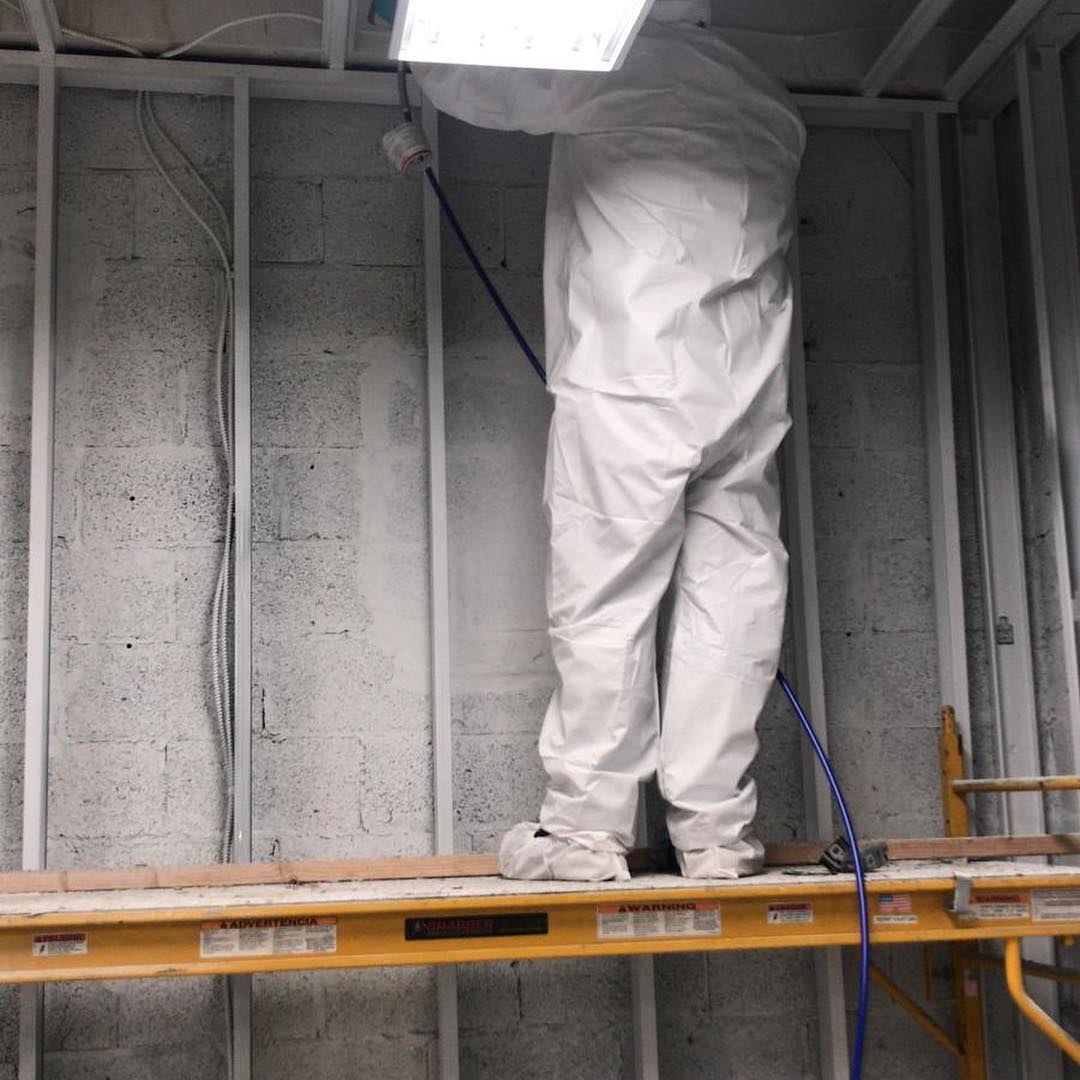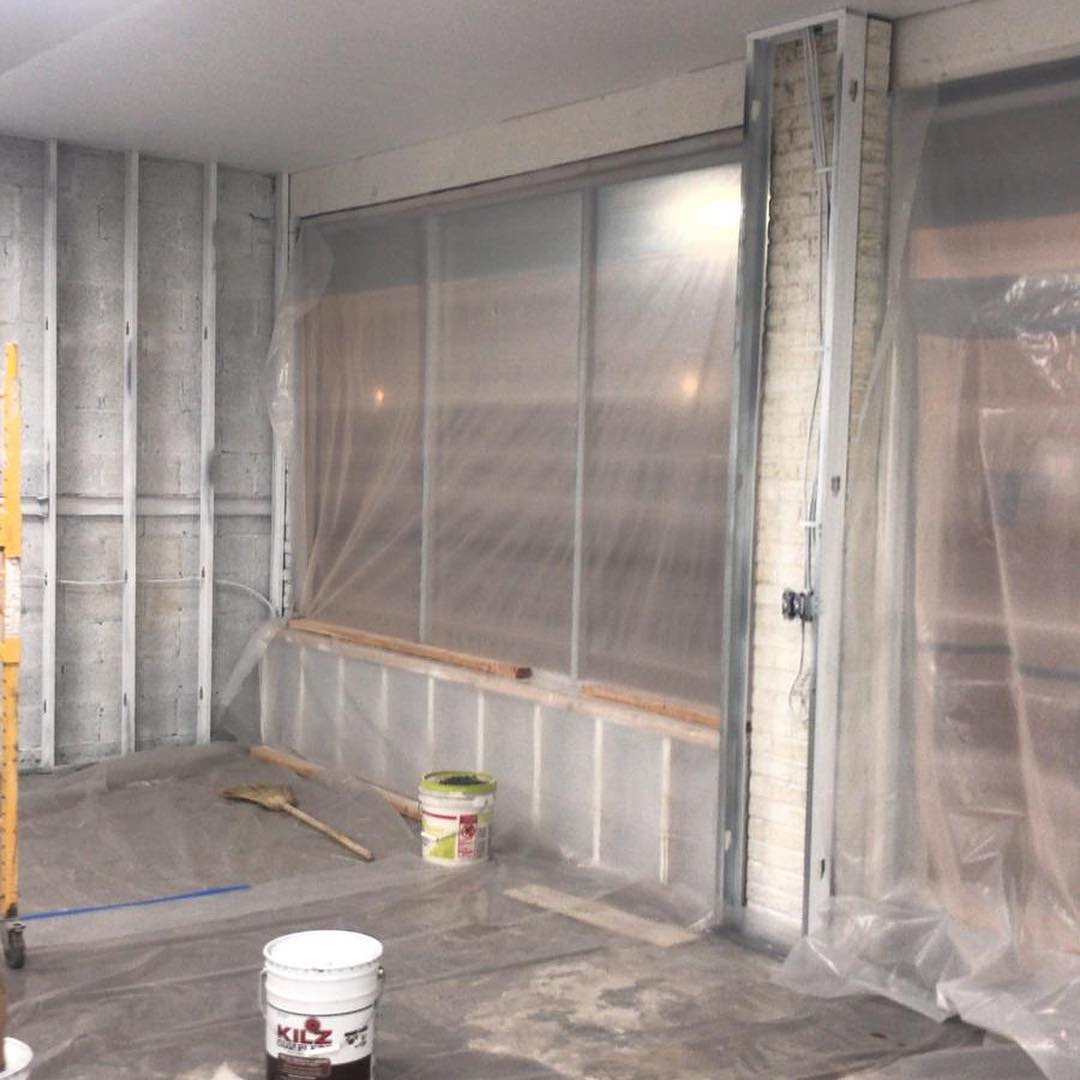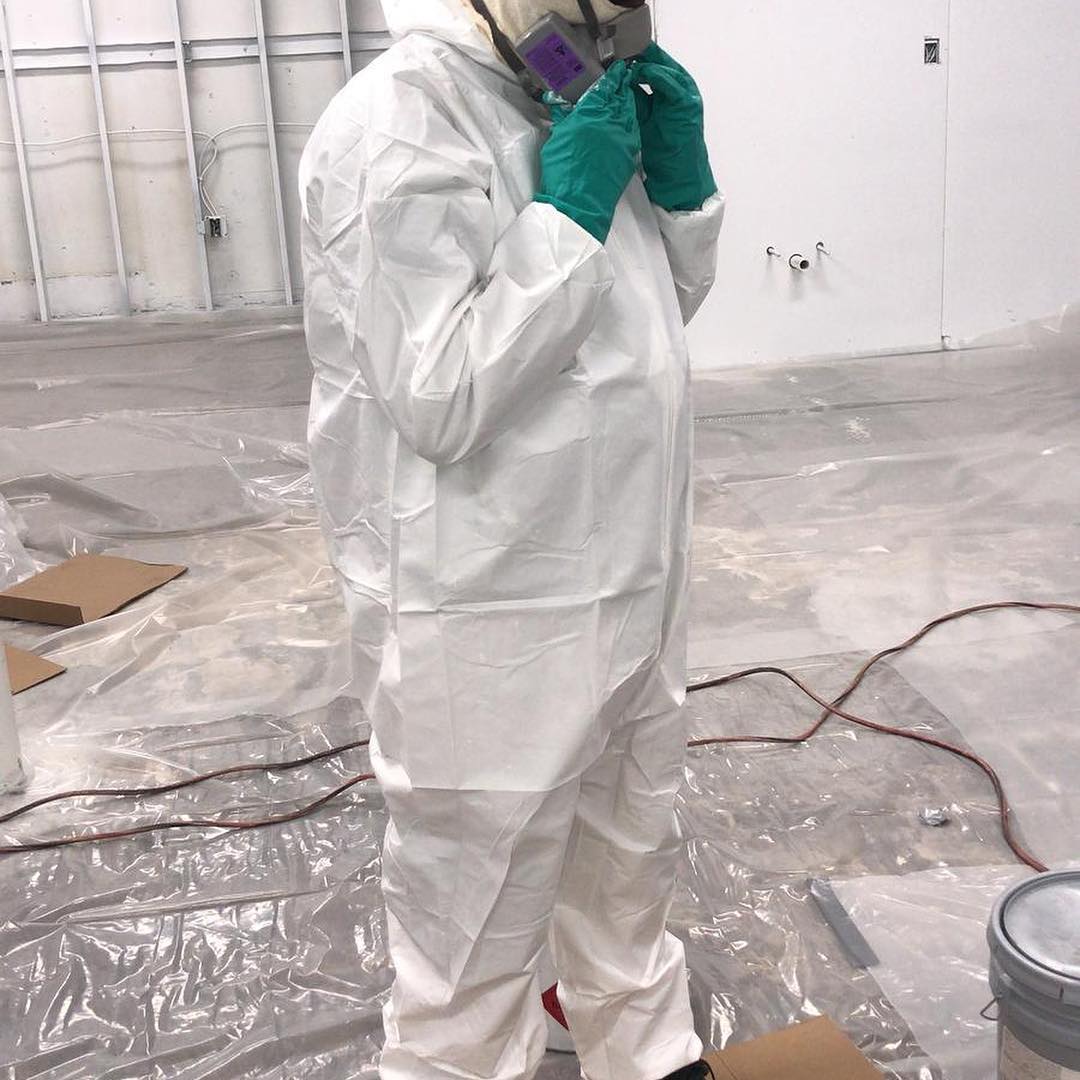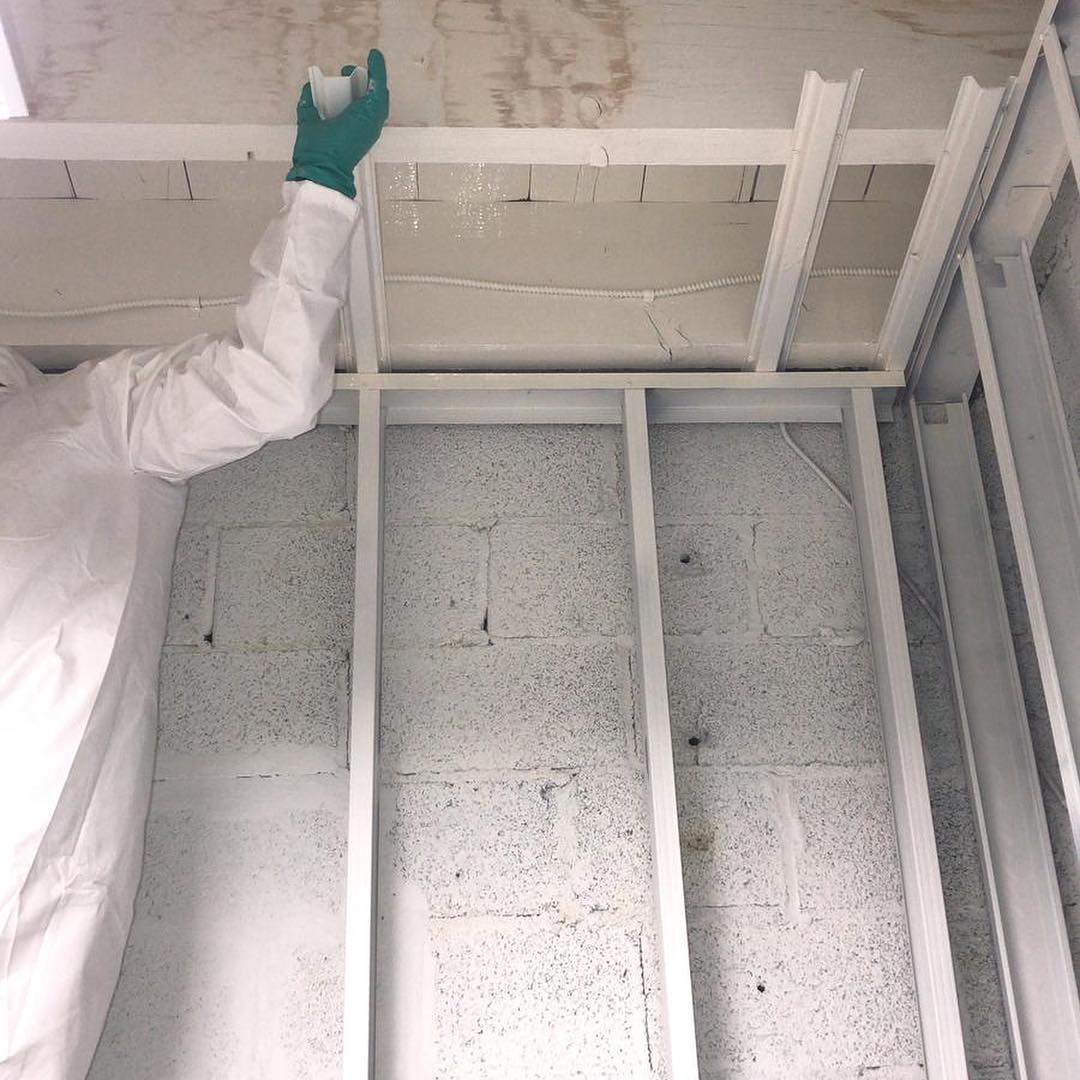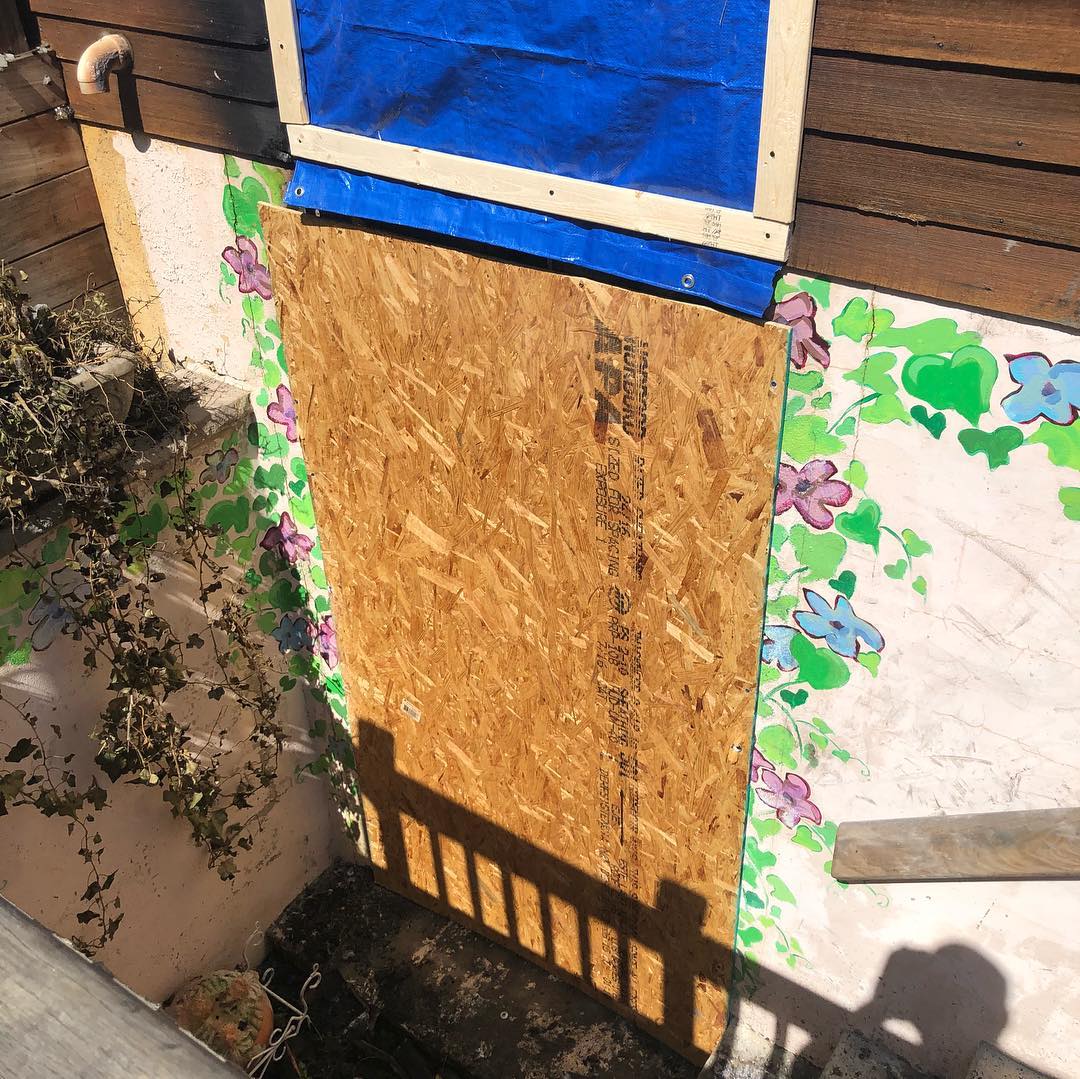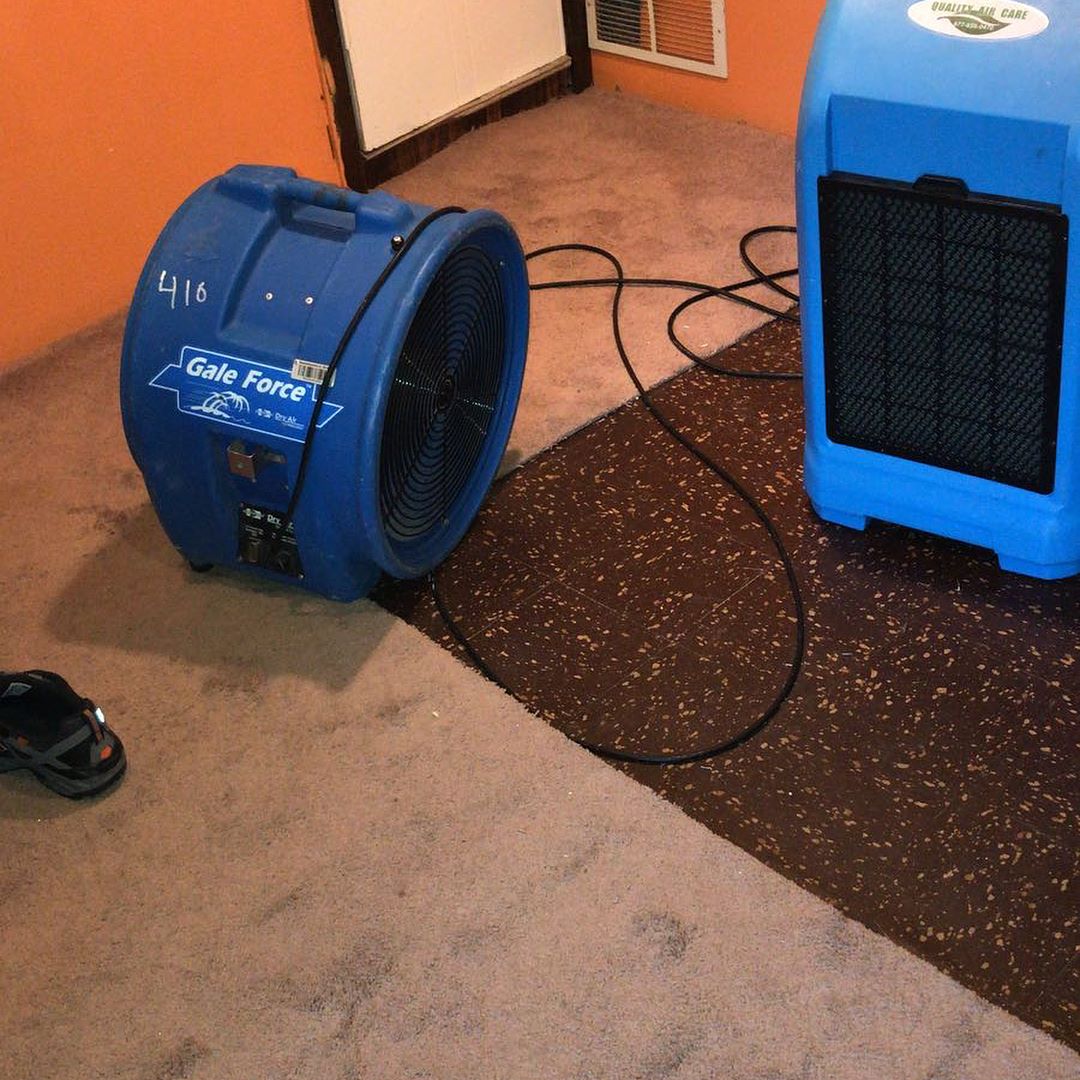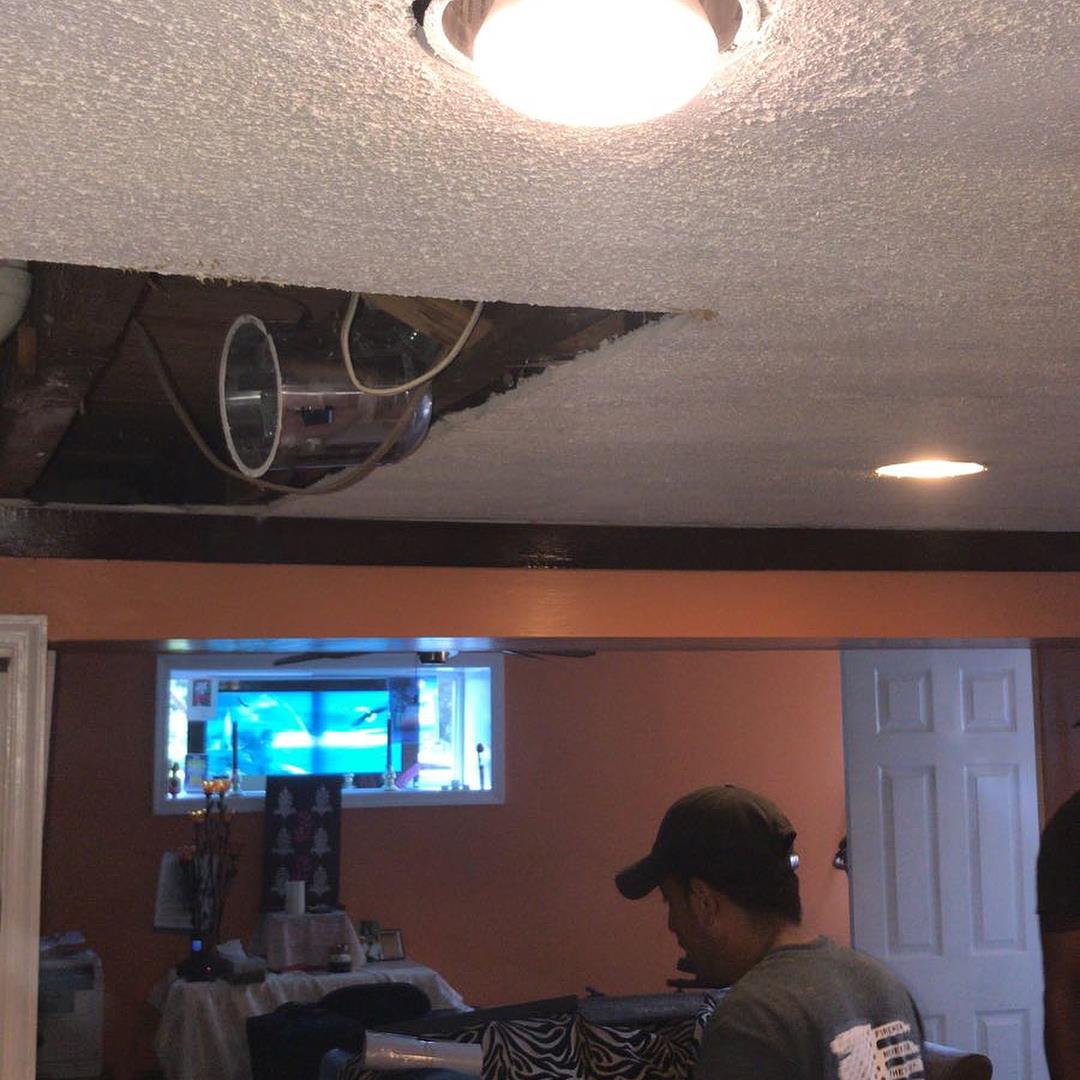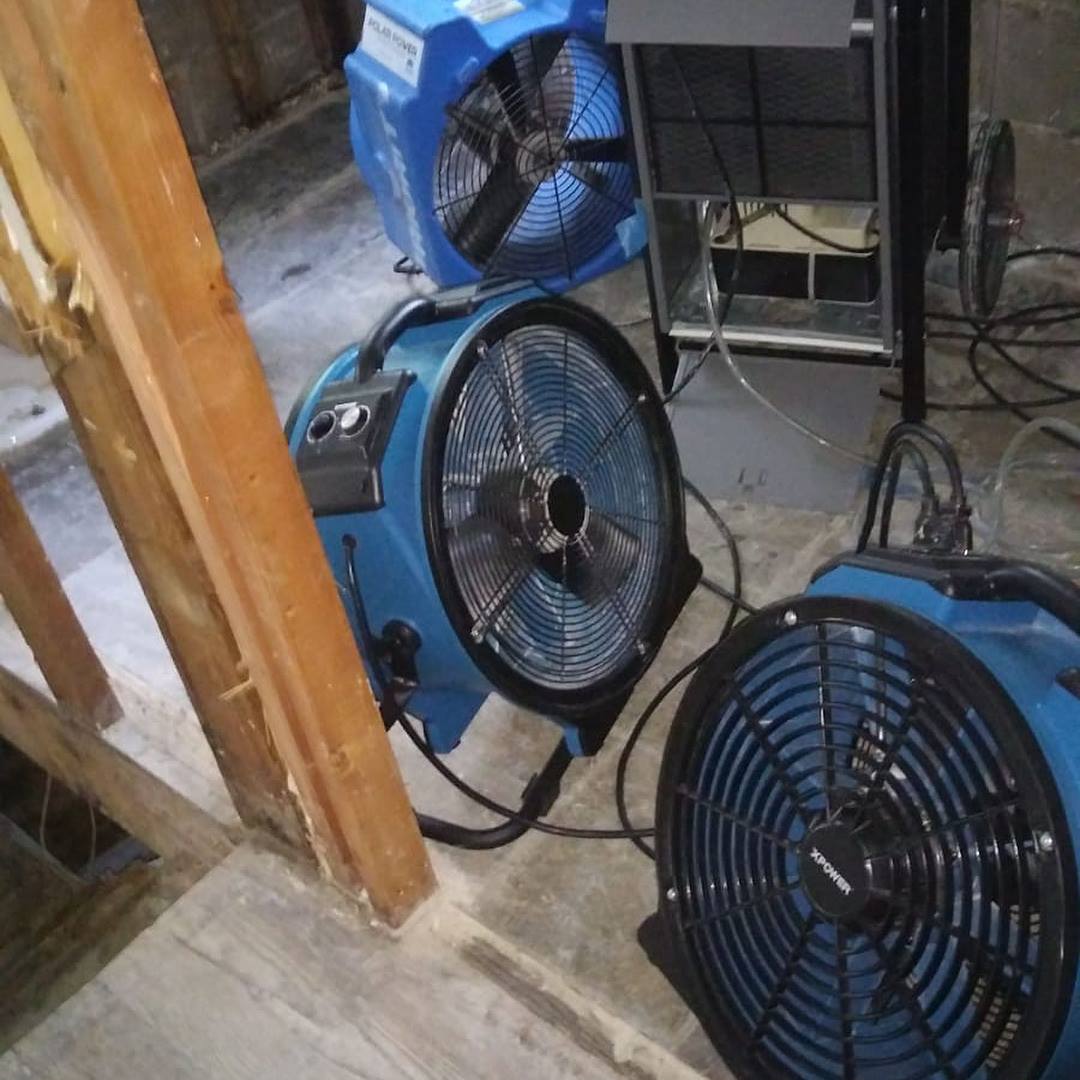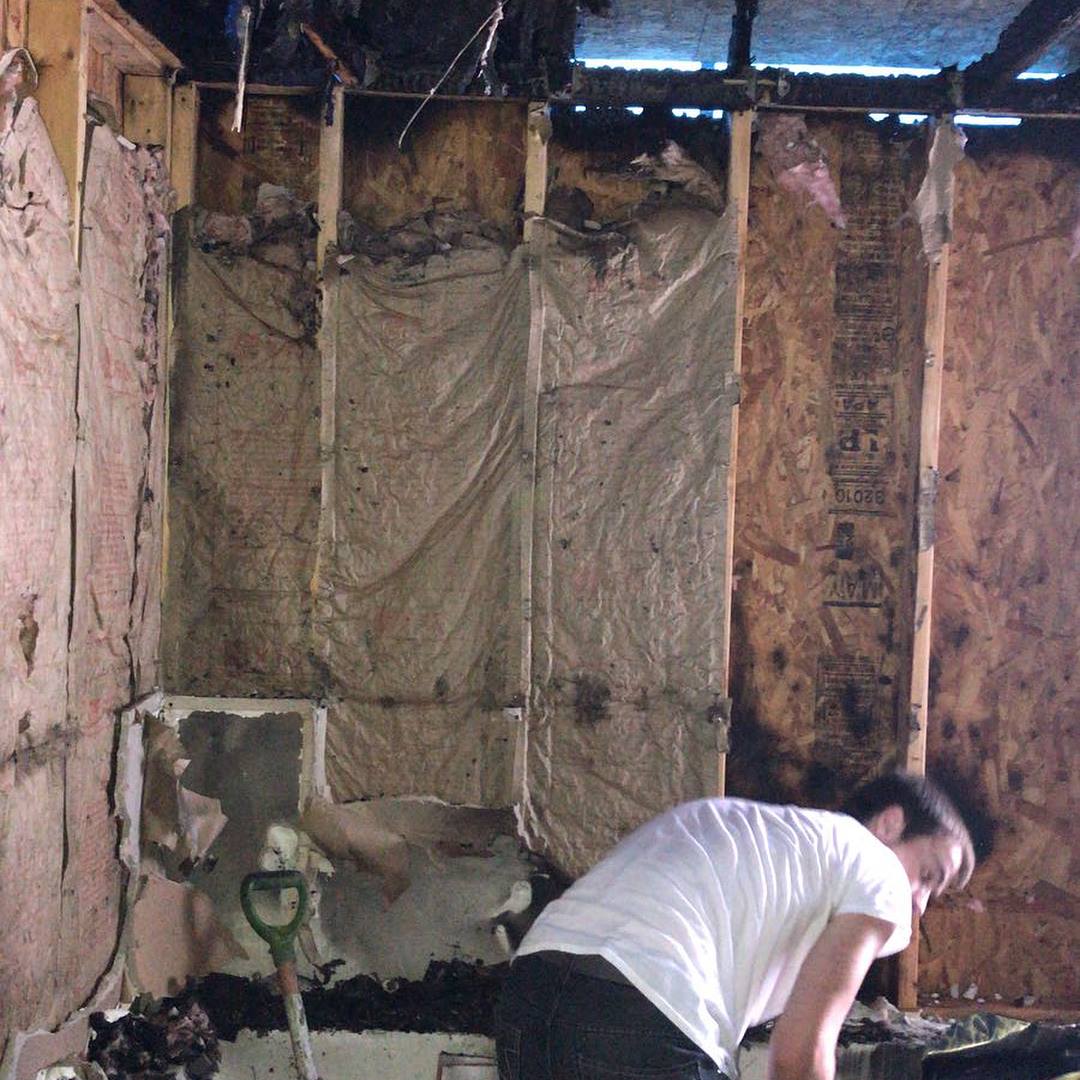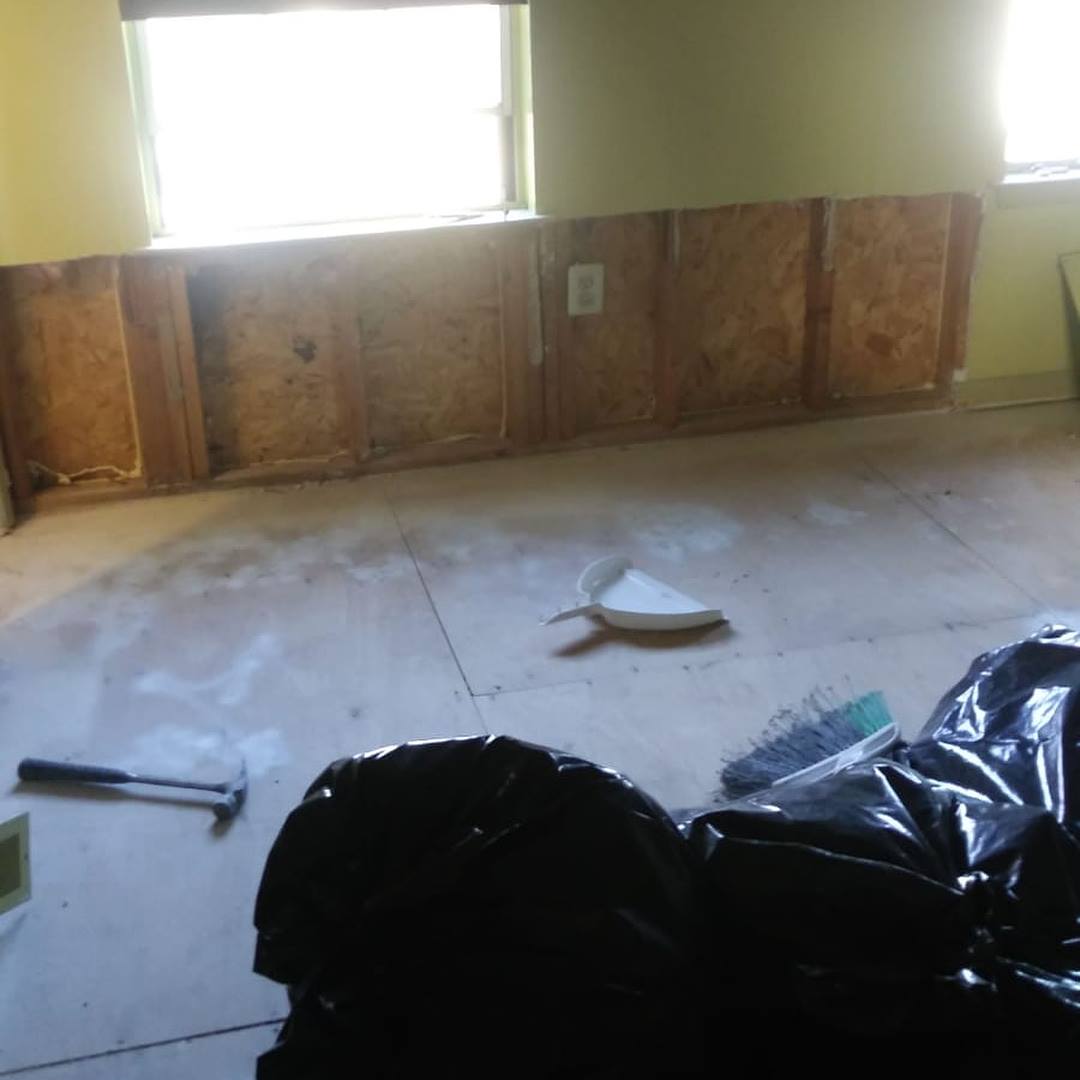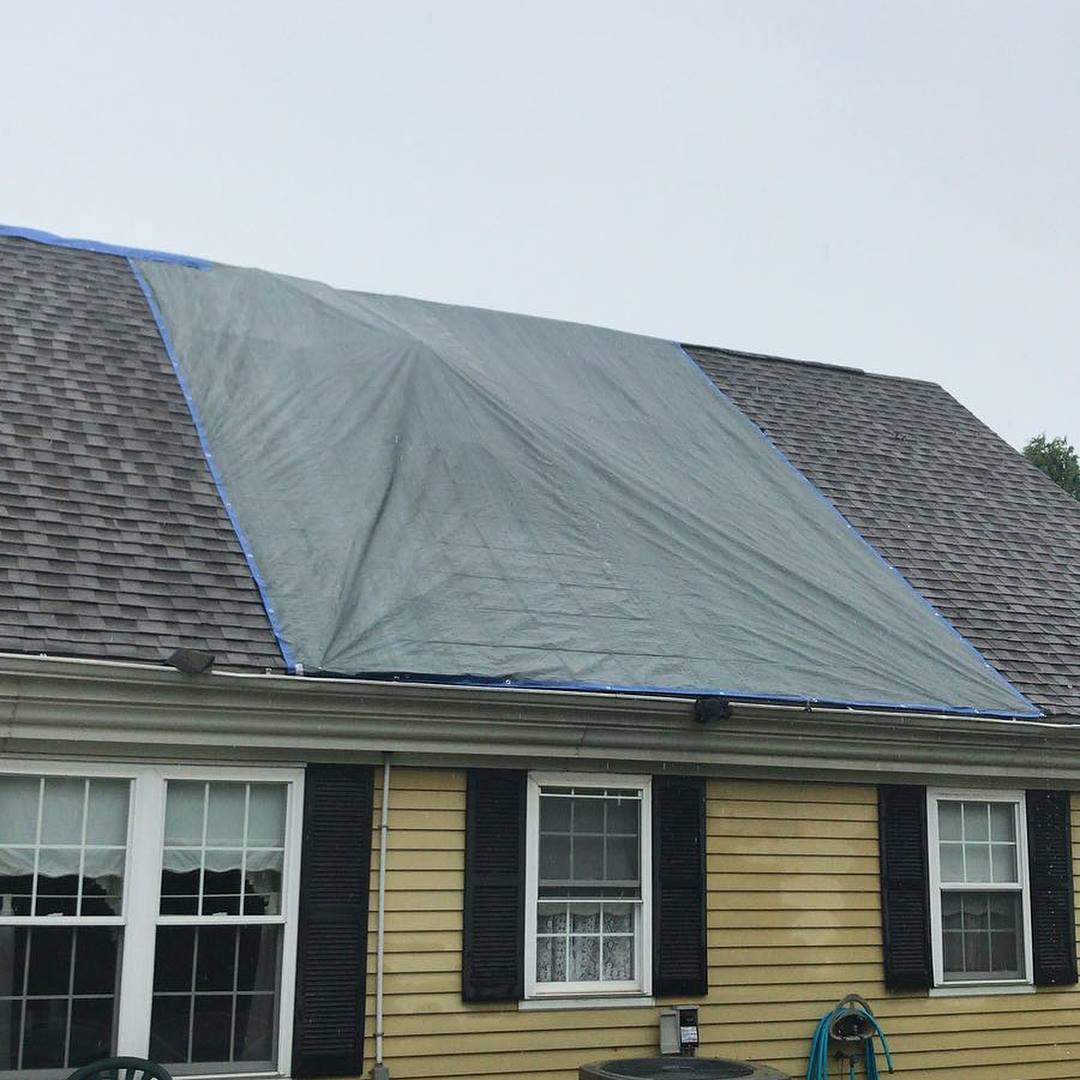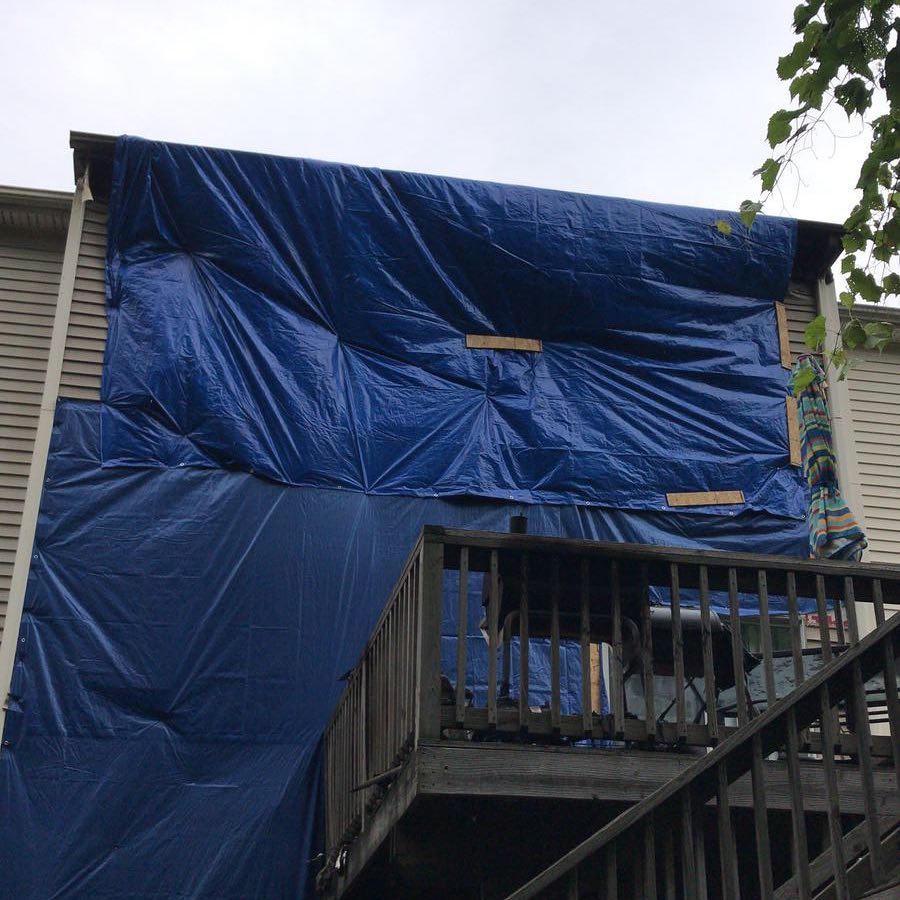
When dealing with steam radiator water damage, you need a reliable and local team of Philly damage restoration experts in your corner. We've restored 100s of properties, both residential and commercial, in the Philly area and we're ready to come out and help you 24/7.
We're certified, insured, and work with all insurance companies. We understand how overwhelming it can be dealing with unexpected damage so let us assist you with your claim so you can focus on getting your life back on track.

Request a Free Estimate
or call (445) 234-4123
By submitting the form, you agree to our Terms of Service and Privacy Policy.
Philadelphia's rich history and architectural charm are often reflected in its older homes, many of which still use steam radiators for heating. While these classic heating systems offer reliable warmth during the cold months, they can also pose a significant risk for water damage if not properly maintained. Steam radiator leaks can lead to water damage that ranges from minor damp spots to severe flooding, causing extensive damage to your home. In this article, we'll explore common causes of steam radiator leaks, potential water damage, and what Philadelphia homeowners should do to address and prevent these issues.
Understanding Steam Radiator Components and Potential Leak Points
A steam radiator system is composed of several key components, each of which can be a source of leaks if compromised. Understanding these parts will help you identify where a leak might occur and how to address it effectively.
- Radiator Valve: This valve controls the flow of steam into the radiator. Over time, the packing around the valve stem can wear out, leading to leaks. If you notice water pooling around the base of the radiator, the valve may be the culprit.
- Air Vent: The air vent, or air valve, allows air to escape from the radiator as steam enters. If the vent becomes clogged or damaged, it can cause water to leak out instead of allowing steam to vent properly.
- Radiator Body: The body of the radiator itself can develop cracks or pinhole leaks, especially in older units. Corrosion and rust are common causes of these types of leaks, which can lead to water damage on nearby floors and walls.
- Supply and Return Pipes: These pipes carry steam to and from the radiator. Leaks can occur at the joints, where the pipes connect to the radiator, or along the length of the pipes due to corrosion or wear and tear. Such leaks can cause significant water damage, particularly if they go unnoticed.
- Packing Nut: This is a small nut located on the valve stem that can become loose over time. If not tightened or replaced when necessary, it can cause water to leak from the valve.
- Pressure Relief Valve: Found in the boiler system, this valve releases excess pressure to prevent damage. If it malfunctions, it can cause water to leak from the boiler and potentially flood your home.
The Consequences of Steam Radiator Leaks
Water damage from a leaking steam radiator can vary in severity, but even minor leaks should not be ignored. Here are some potential issues that Philadelphia homeowners might face:
- Structural Damage: Water from a radiator leak can seep into floors, walls, and ceilings, leading to rot, mold growth, and weakened structural integrity. In extreme cases, prolonged exposure to moisture can cause floors to warp or ceilings to collapse.
- Mold and Mildew Growth: Even a small amount of water can create an ideal environment for mold and mildew to thrive. These fungi not only damage your home but can also pose serious health risks to you and your family.
- Damage to Personal Belongings: Leaks can cause water to pool around the radiator, damaging nearby furniture, carpets, and other personal belongings. In the event of a significant flood, entire rooms of belongings can be ruined.
- Increased Heating Costs: A leaking radiator is less efficient at heating your home, leading to higher energy bills. Additionally, the extra moisture in the air can make your home feel colder, causing you to crank up the heat and further increase costs.
What to Do if You Suspect a Steam Radiator Leak
If you suspect that your steam radiator is leaking, it's important to act quickly to minimize water damage. Here's what you should do:
- Turn Off the Heat: If you notice a leak, immediately turn off the heating system to stop the flow of steam and water.
- Contain the Leak: Place towels or a bucket under the leak to catch any water. This can help prevent further damage to your floors and belongings.
- Inspect the Radiator: Carefully examine the radiator and its components to identify the source of the leak. Look for pooling water around the valve, air vent, or pipes. If you're unsure, it's best to call a professional.
- Call a Plumber: Steam radiator systems can be complex, and repairs should be handled by a qualified plumber. They can assess the situation, repair or replace damaged components, and ensure your system is functioning properly.
- Contact a Water Damage Restoration Company: If the leak has caused significant water damage, you'll need the help of a professional restoration company like Philly Damage Restoration. We specialize in water damage restoration, including leak repair, flood cleanup, and mold remediation. Our team can quickly and effectively address the damage, helping to prevent further issues and restore your home to its pre-damage condition.
Preventing Steam Radiator Leaks and Water Damage
Preventative maintenance is key to avoiding costly repairs and water damage. Here are some tips to help you keep your steam radiator system in good working order:
- Regular Inspections: Have your steam radiator system inspected annually by a professional. They can check for signs of wear and tear, corrosion, and potential leaks before they become major problems.
- Proper Ventilation: Ensure that air vents are functioning properly and are not blocked by furniture or other objects. This will allow the radiator to vent steam effectively, reducing the risk of leaks.
- Check the Pressure: Monitor the pressure in your boiler system to ensure it stays within the recommended range. High pressure can cause leaks, while low pressure can lead to inefficient heating.
- Replace Worn Components: If you notice any signs of wear, such as rust or corrosion, have the affected components replaced immediately. This includes valves, vents, and pipes.
- Keep an Eye on the Thermostat: Avoid setting your thermostat too high, as this can cause excessive pressure in the system, leading to leaks.
Conclusion
Steam radiator leaks can cause significant water damage to your Philadelphia home if not addressed promptly. By understanding the components of your radiator system and taking proactive steps to maintain it, you can prevent leaks and protect your home from costly damage. If you do experience a leak, remember that Philly Damage Restoration is here to help with all your water damage restoration needs. From leak repair to flood cleanup, our team has the expertise to restore your home and give you peace of mind.
Frequently Asked Questions About Steam Radiator Water Damage in Philly
The most common causes include worn-out radiator valves, corroded radiator bodies, loose packing nuts, faulty air vents, and leaks in the supply or return pipes. Over time, these components can degrade due to age, pressure, and exposure to water, leading to leaks.





















